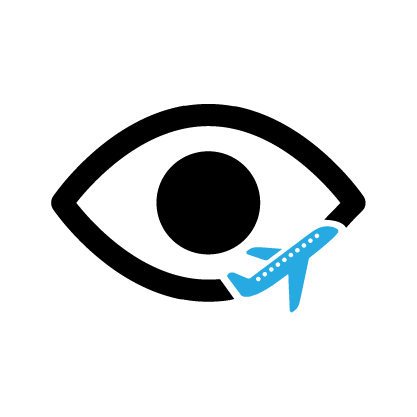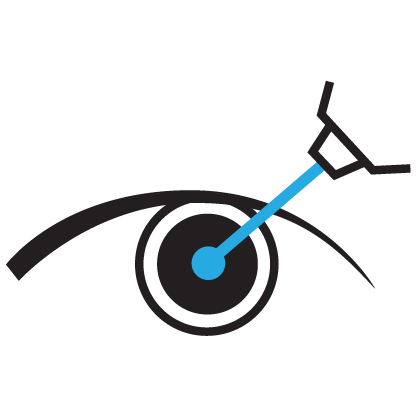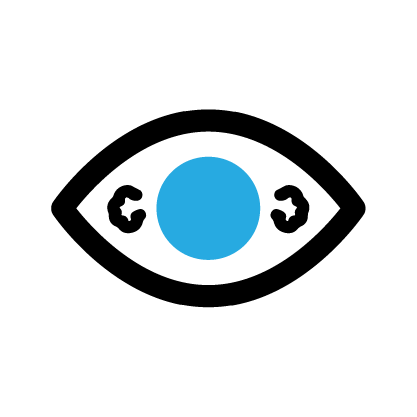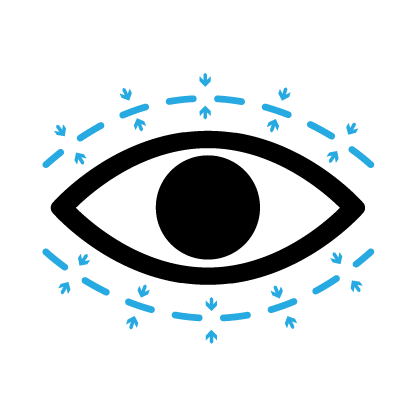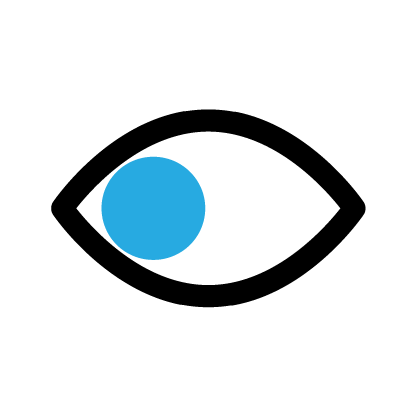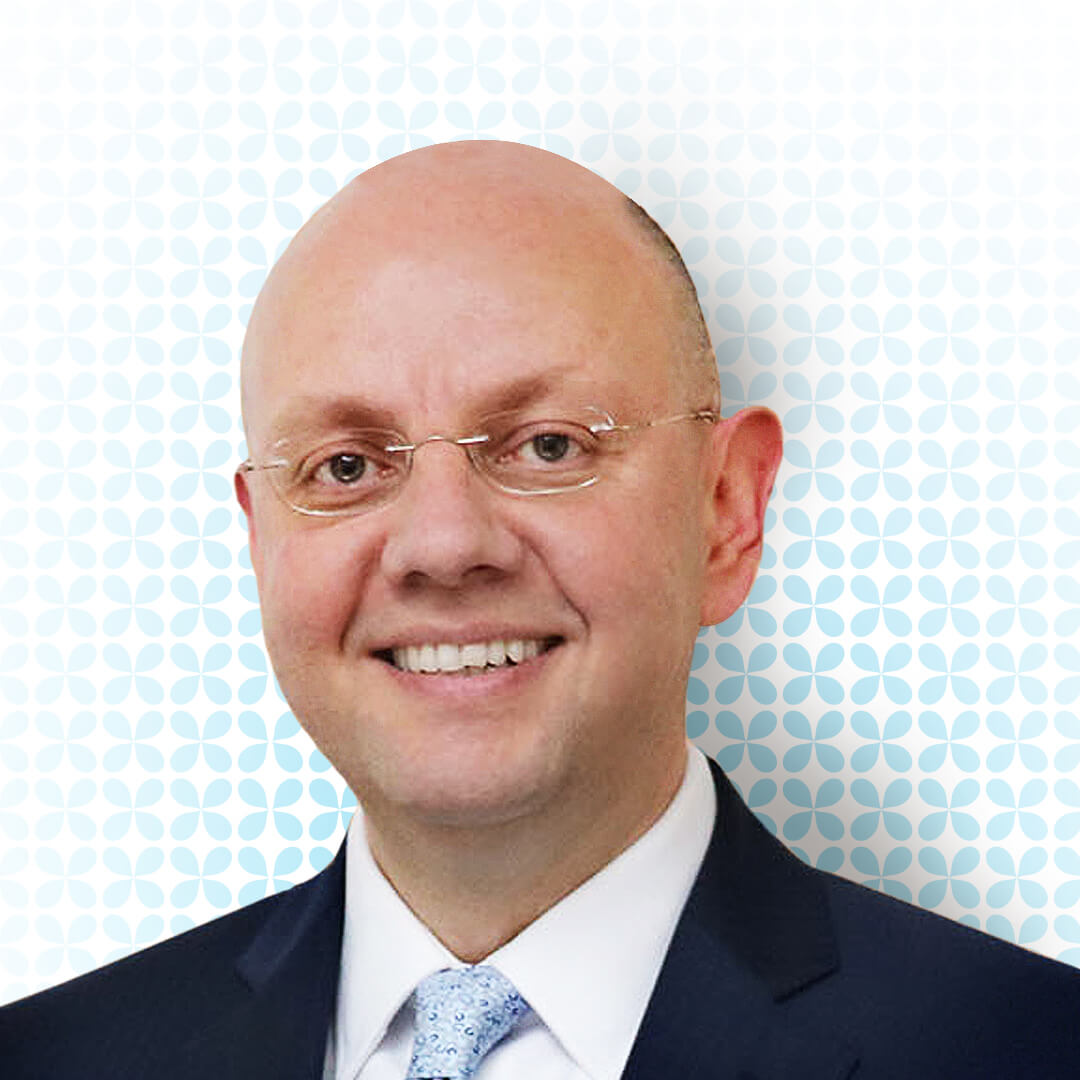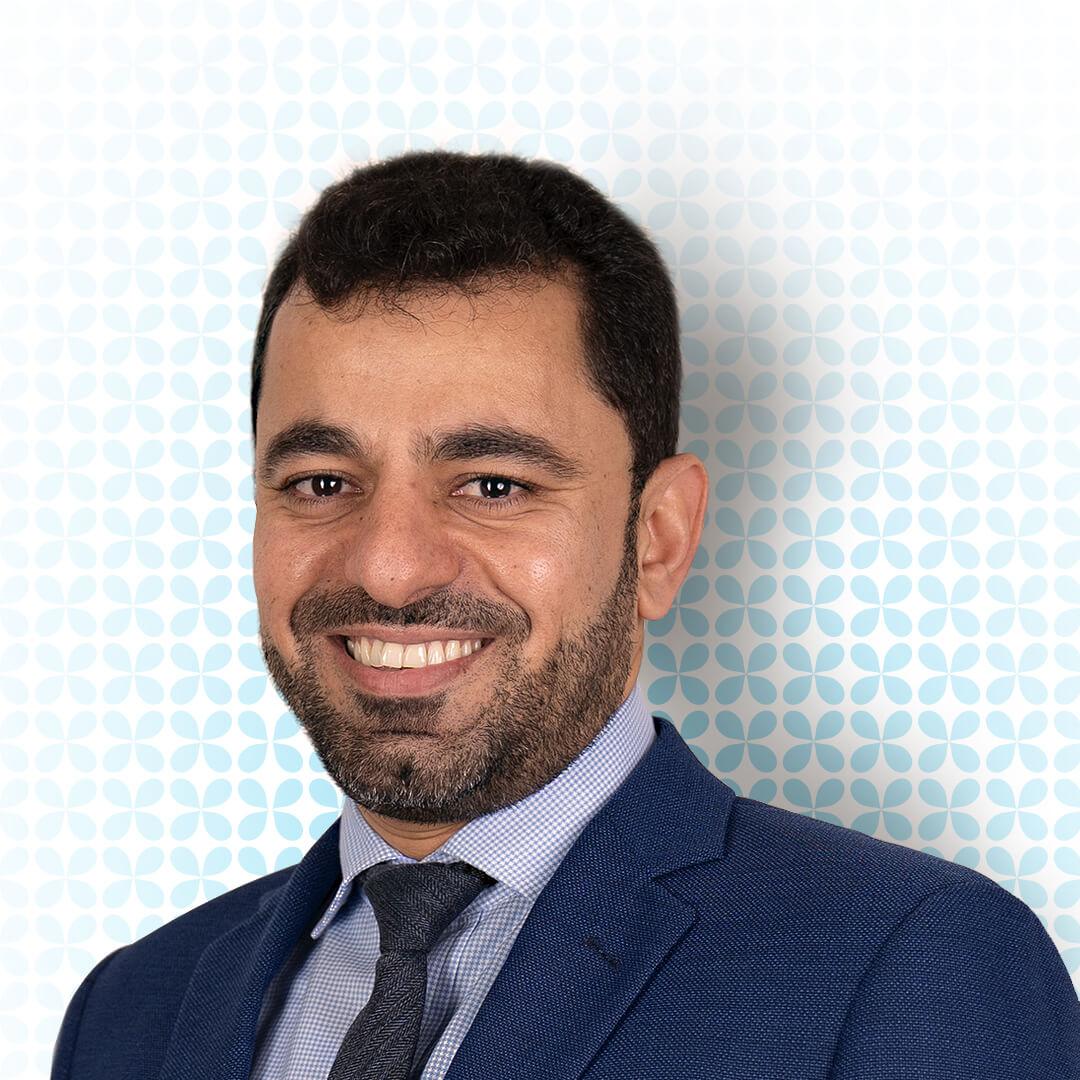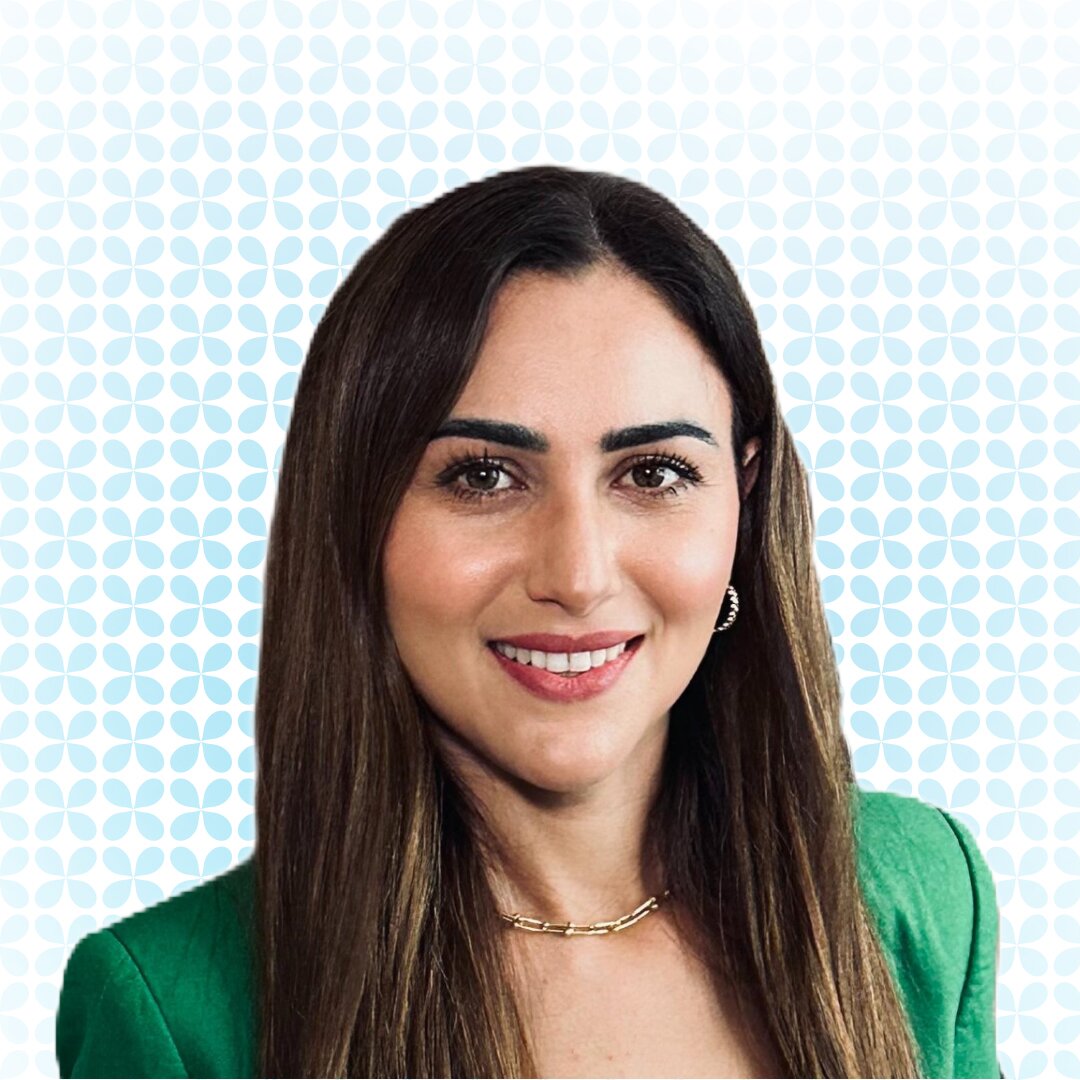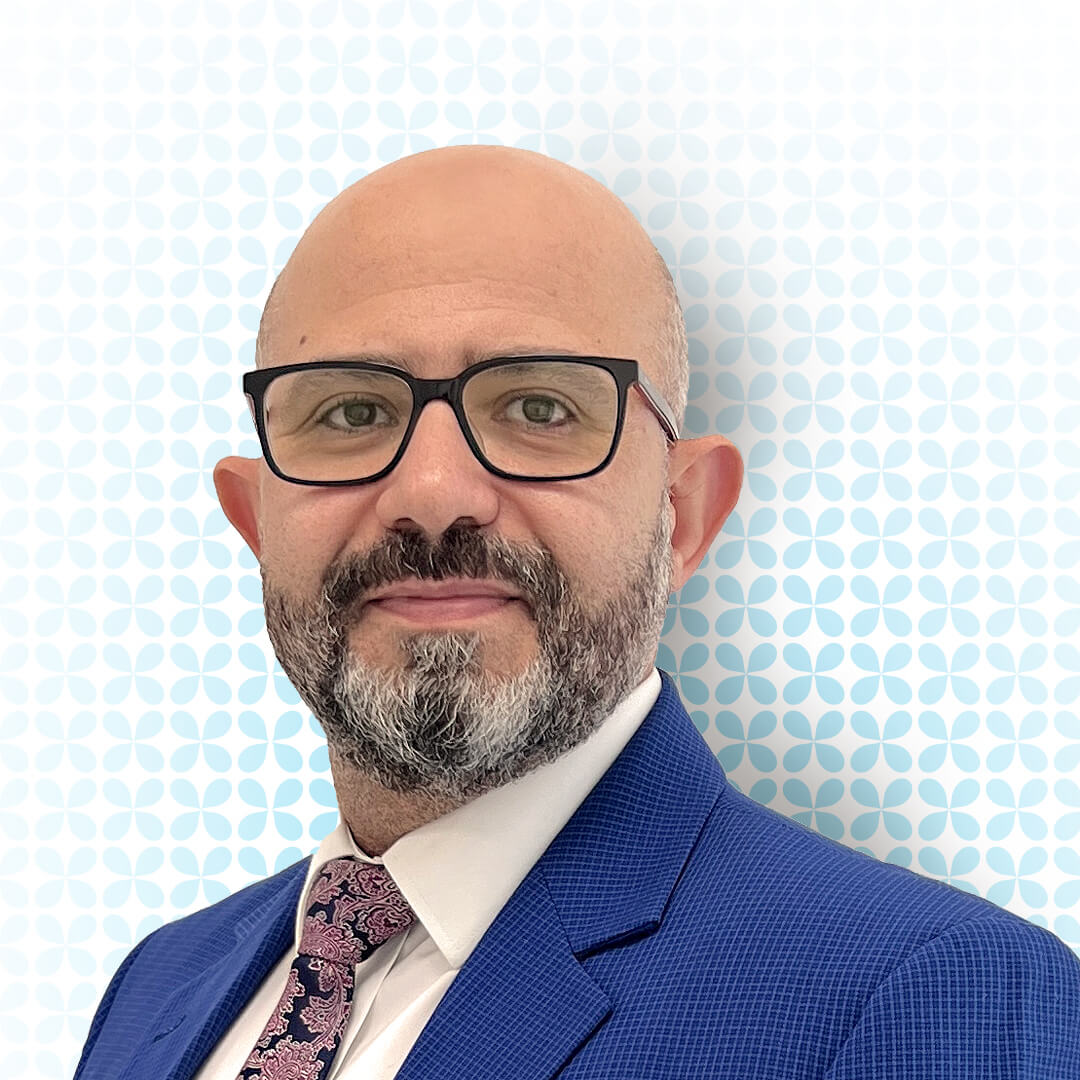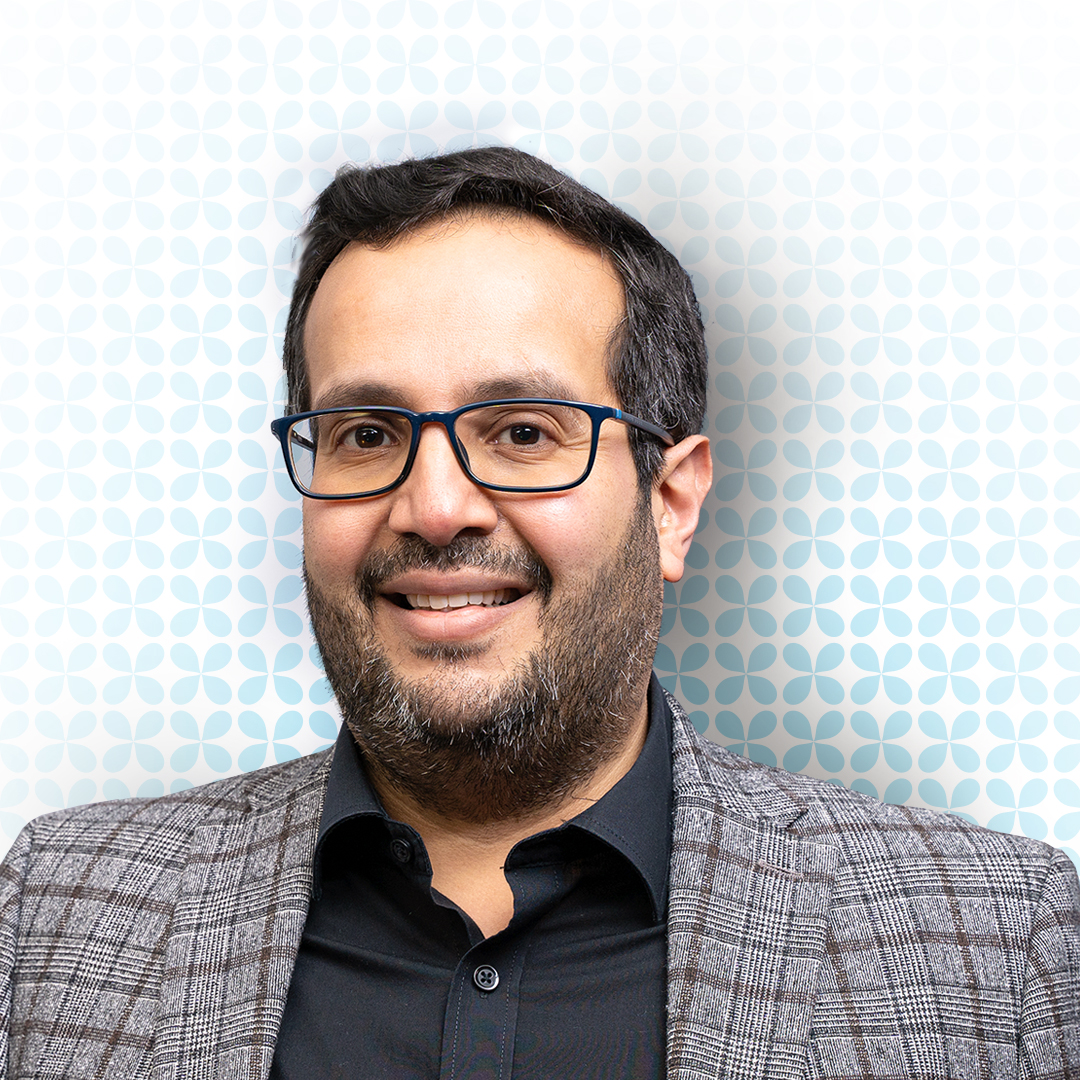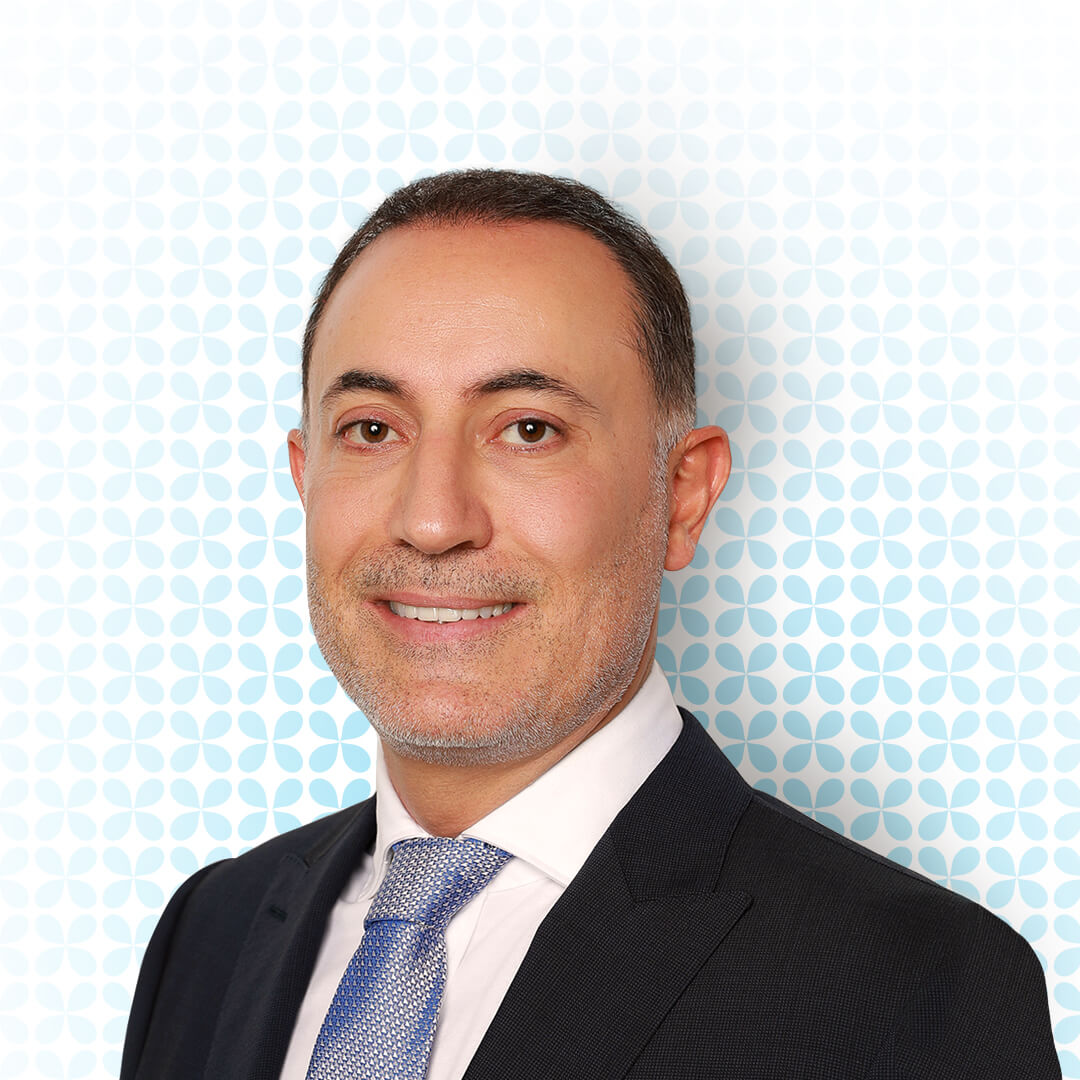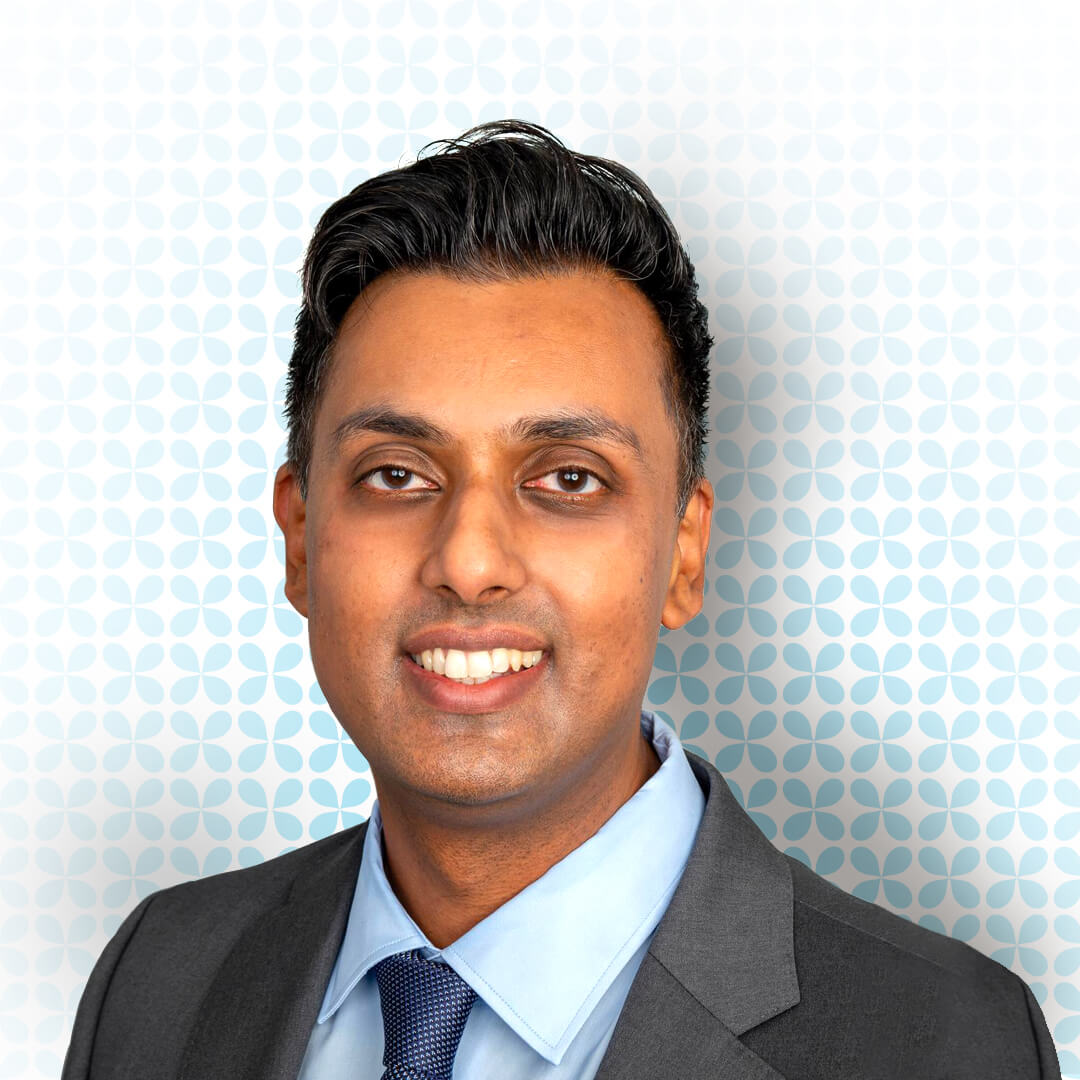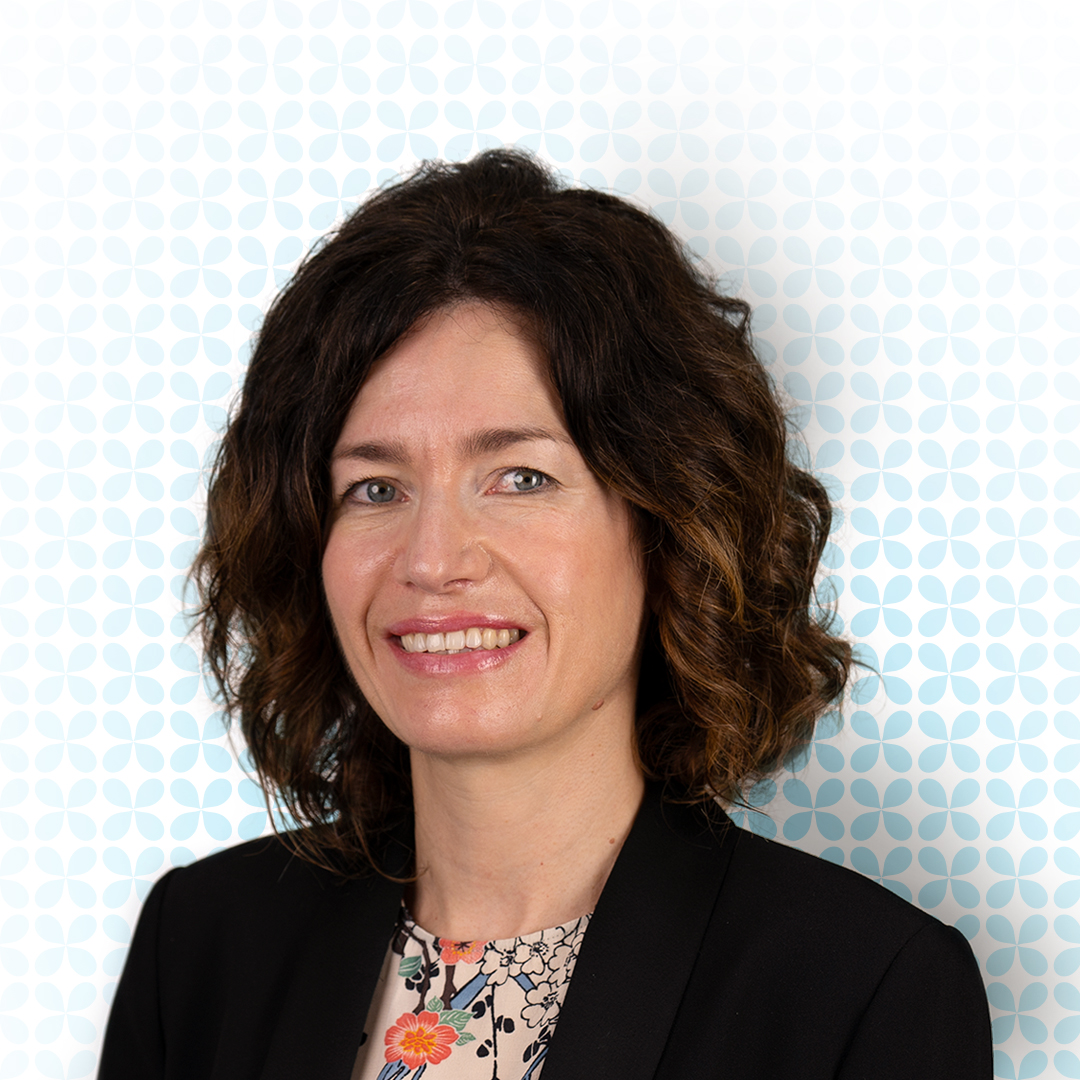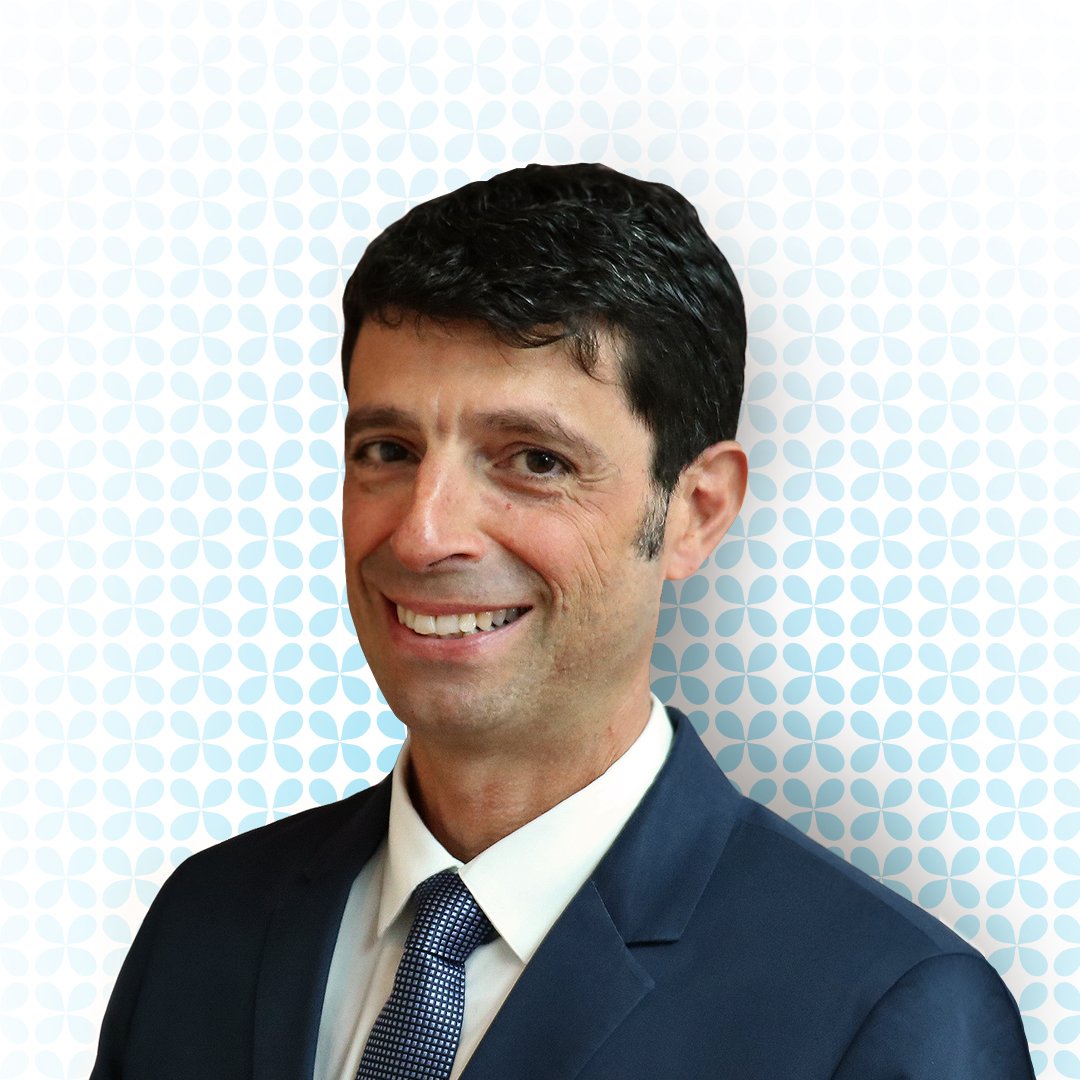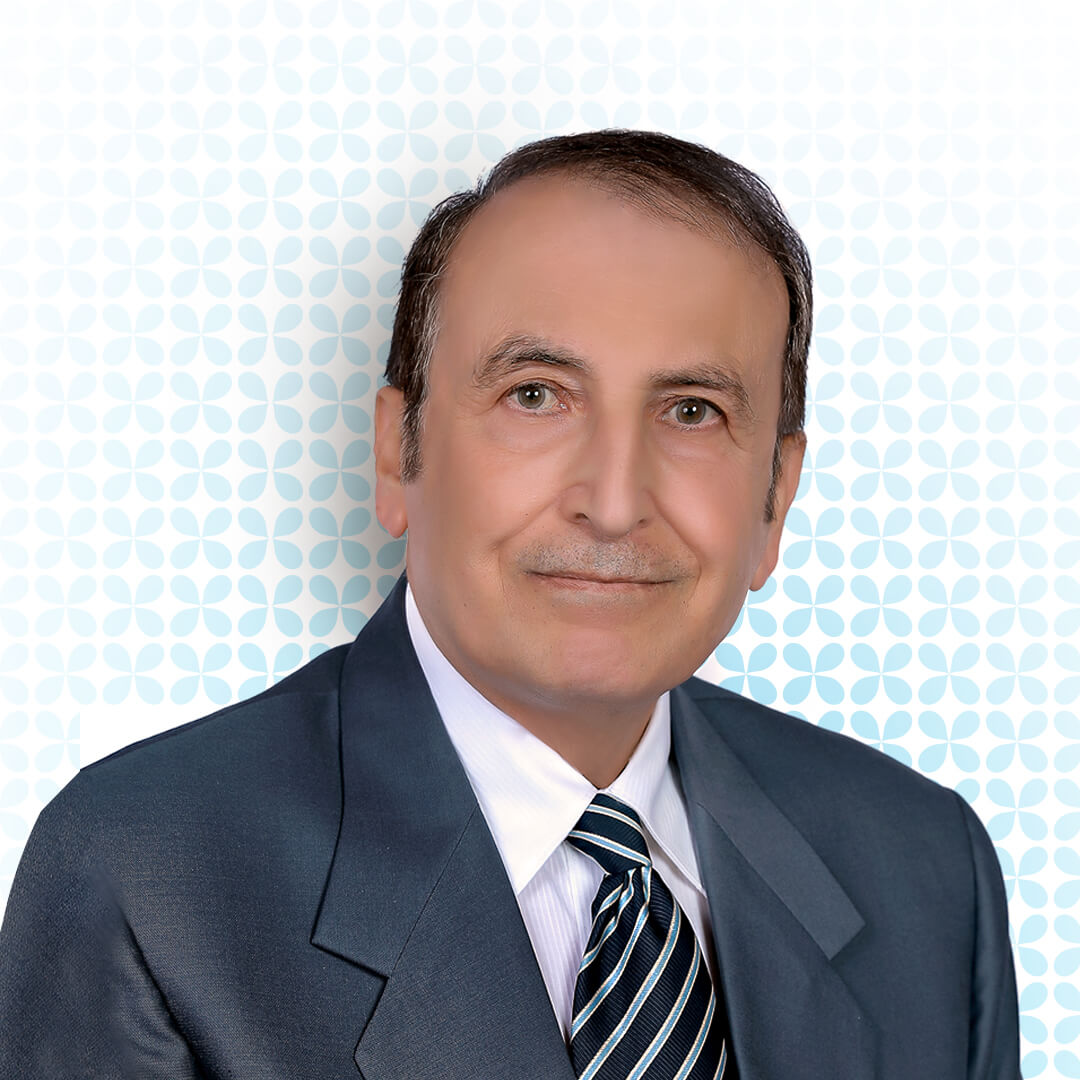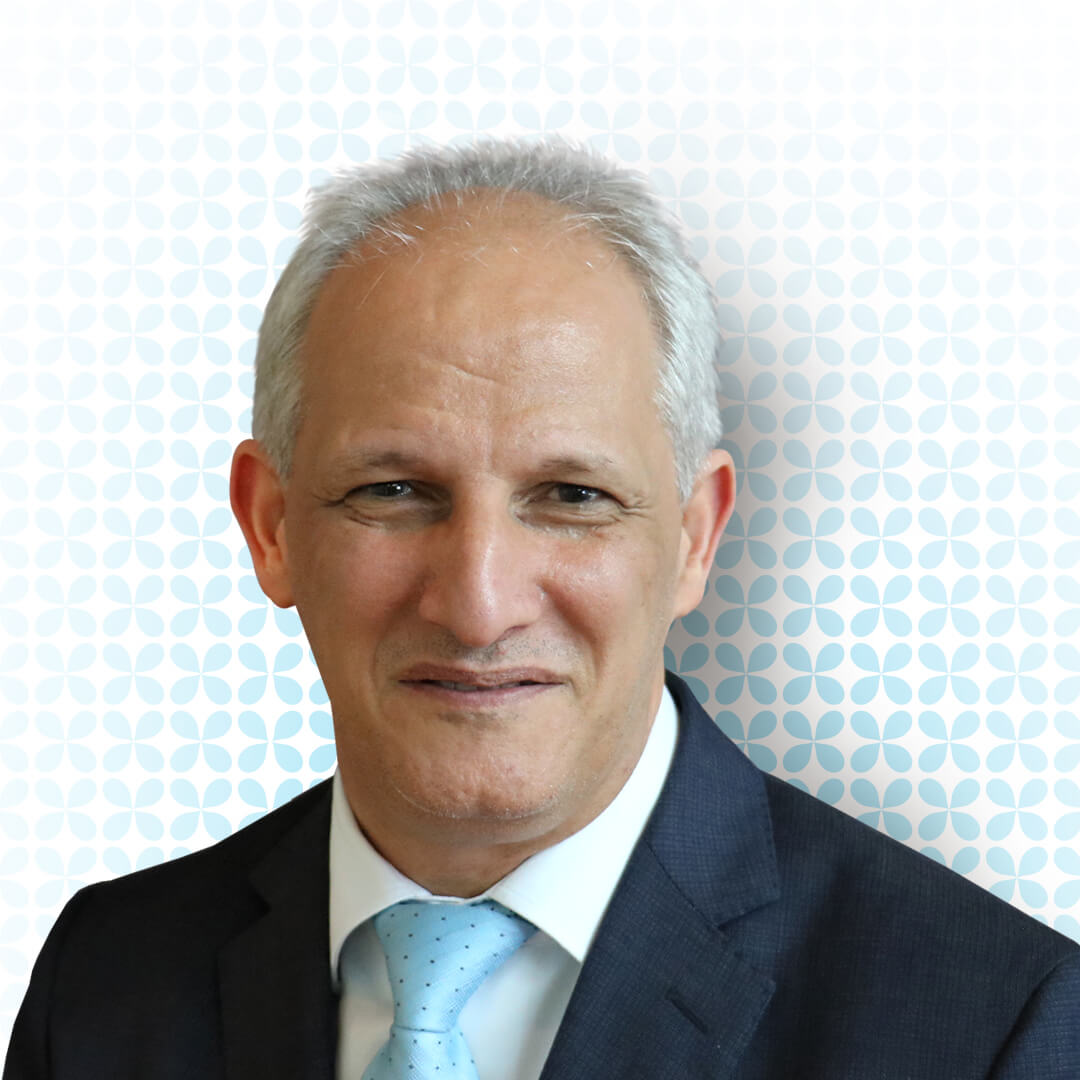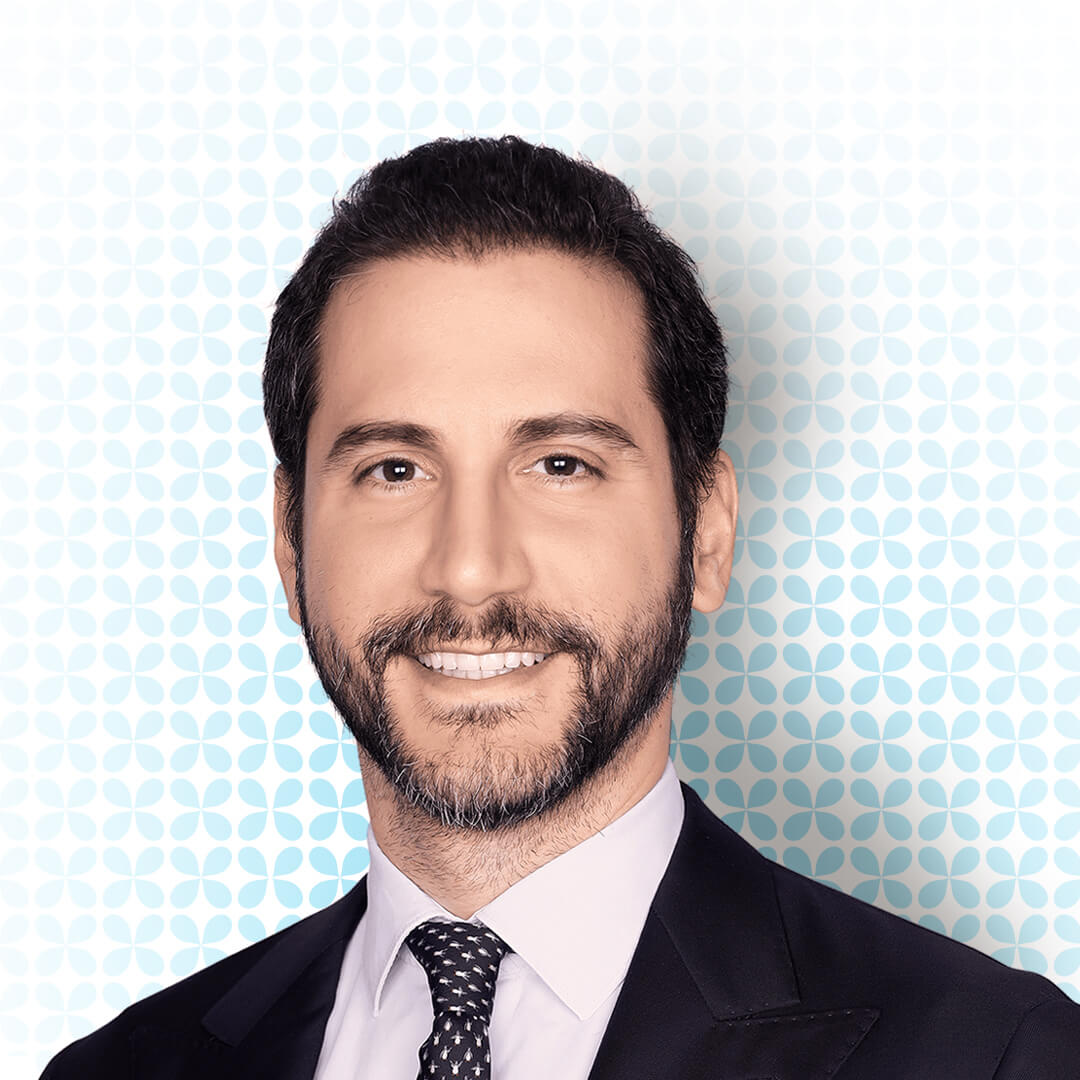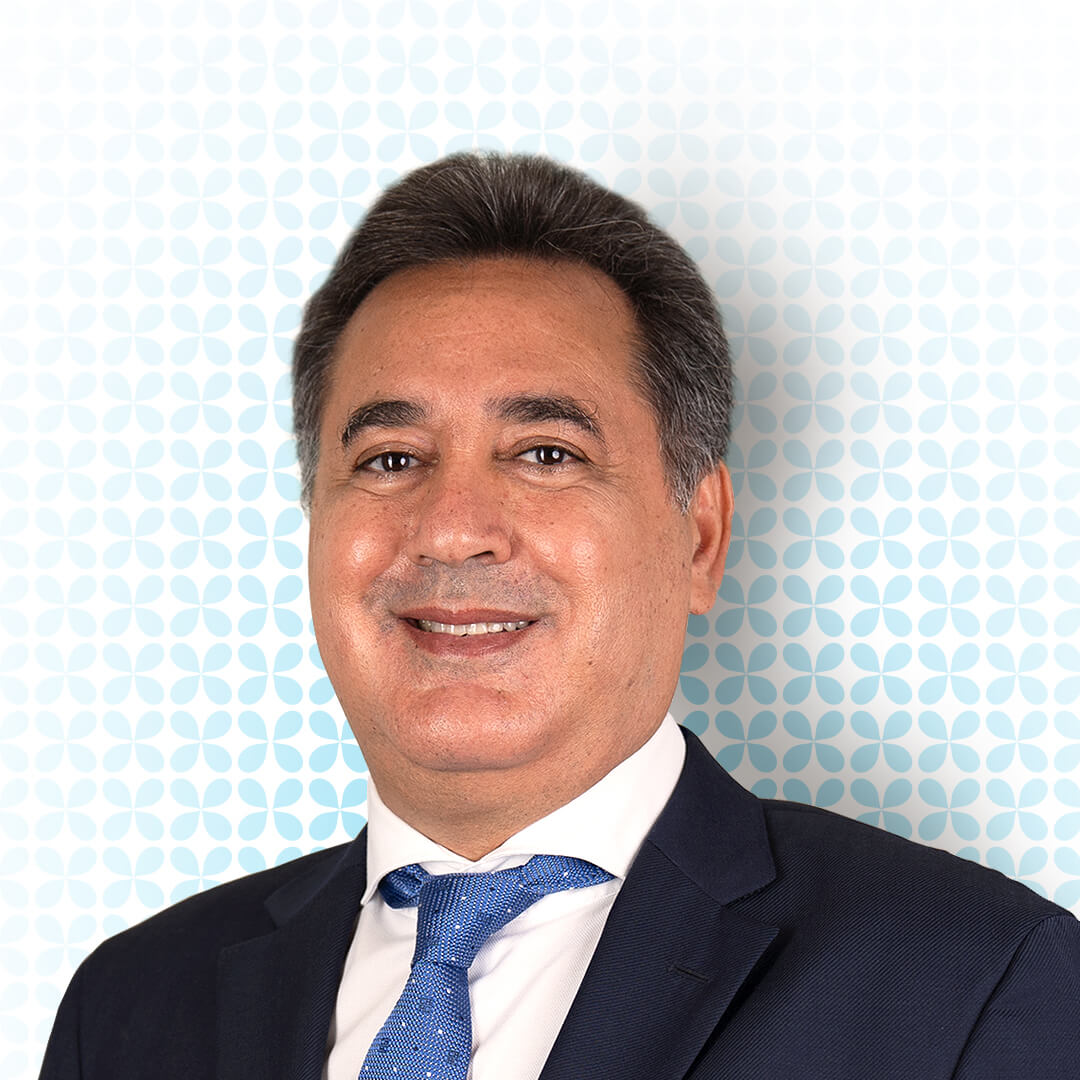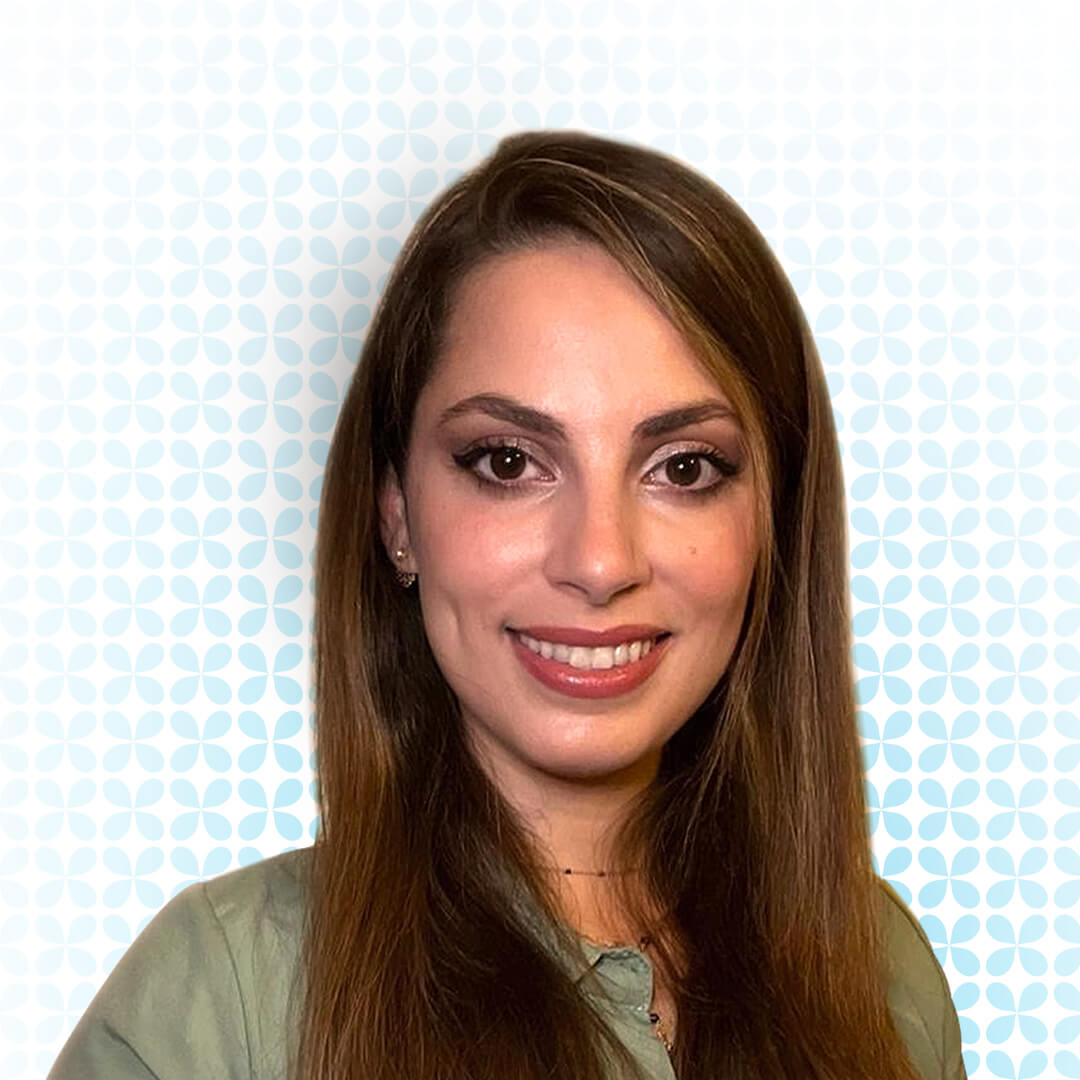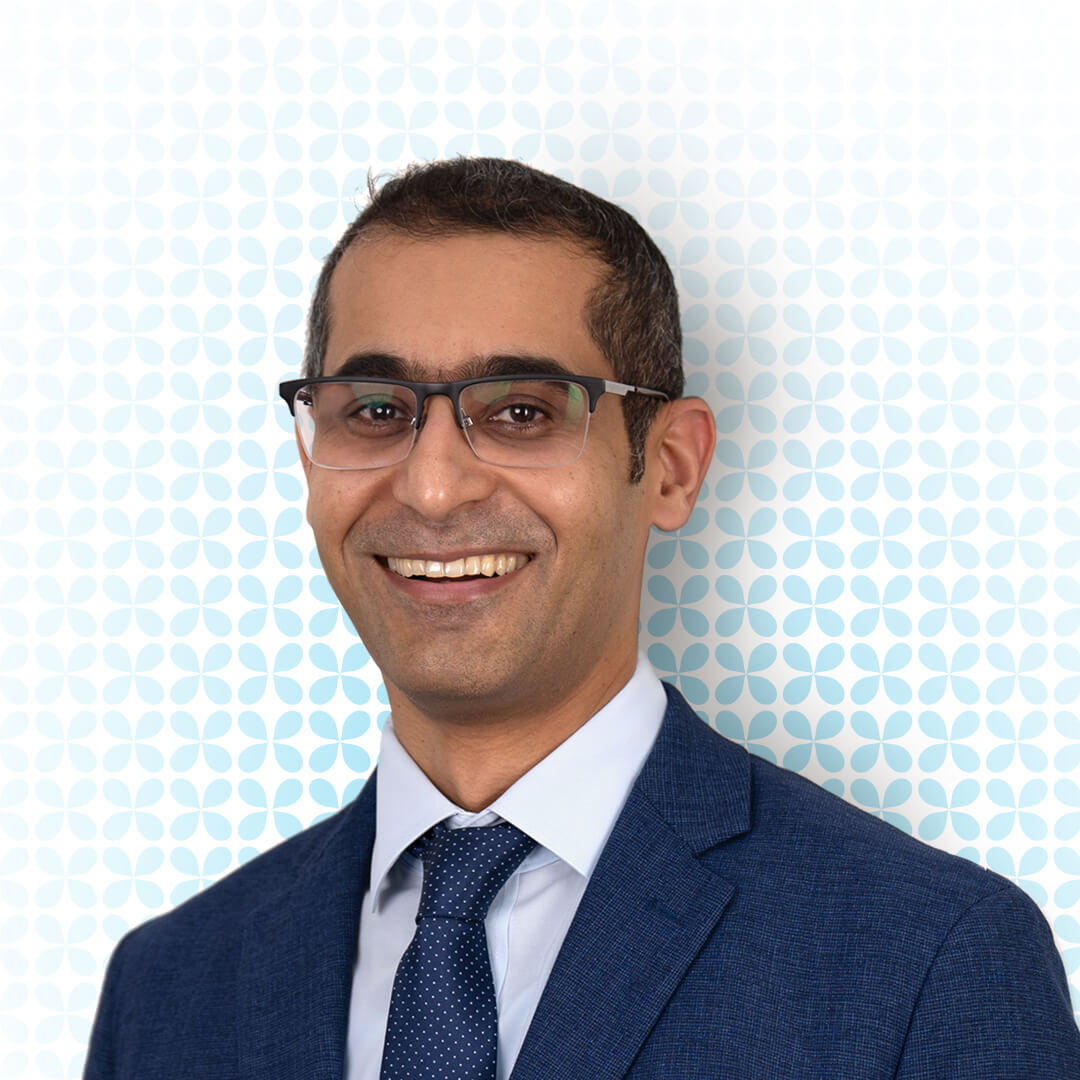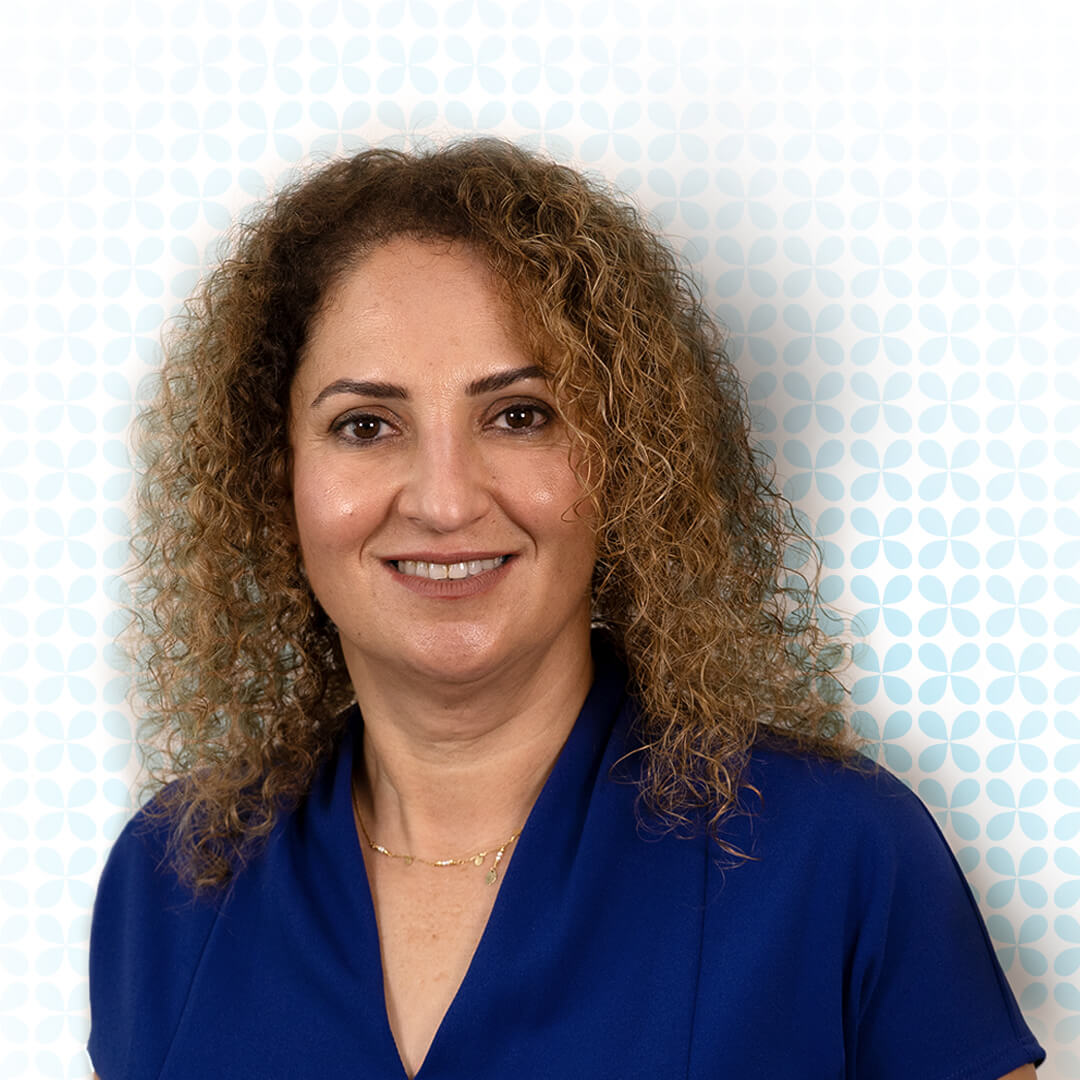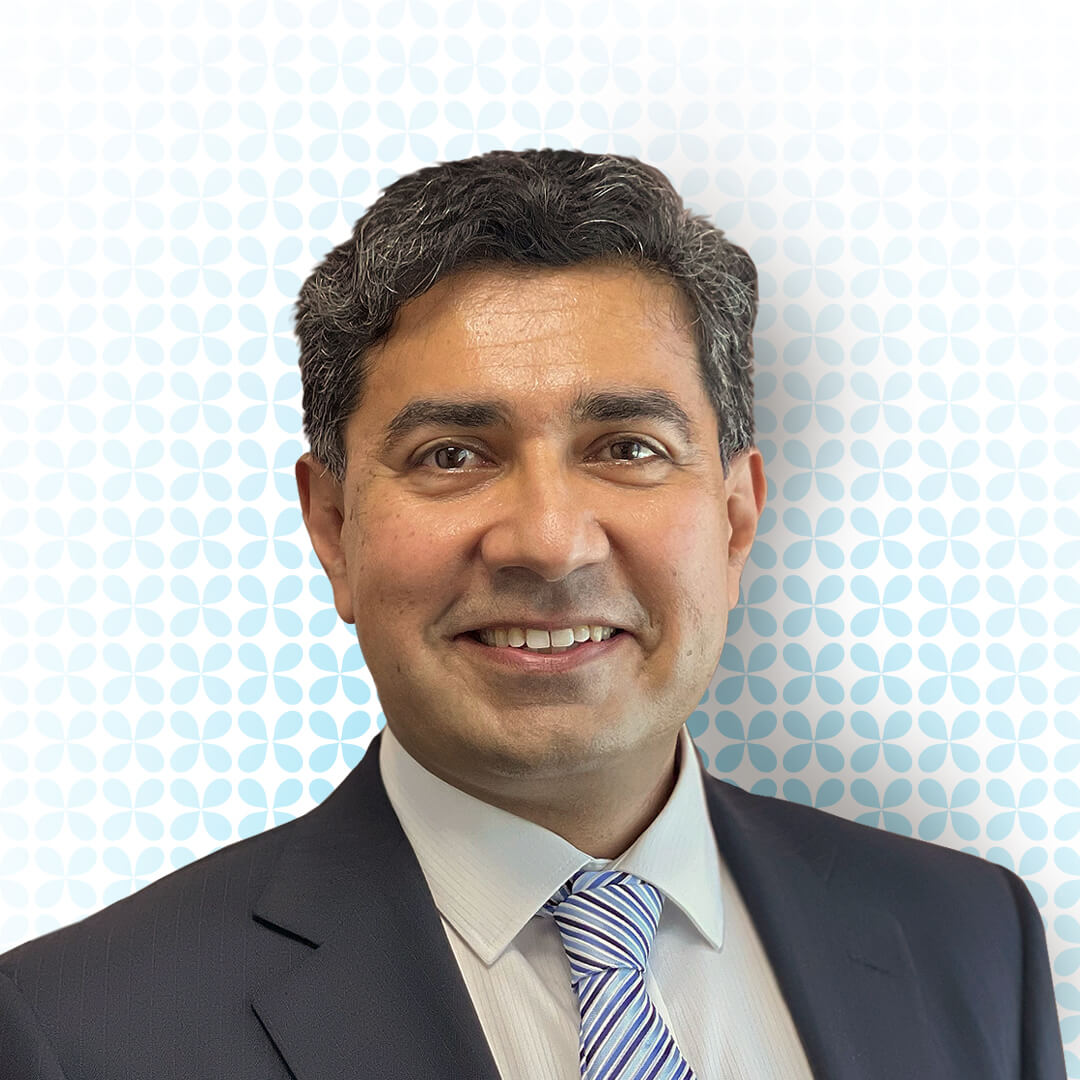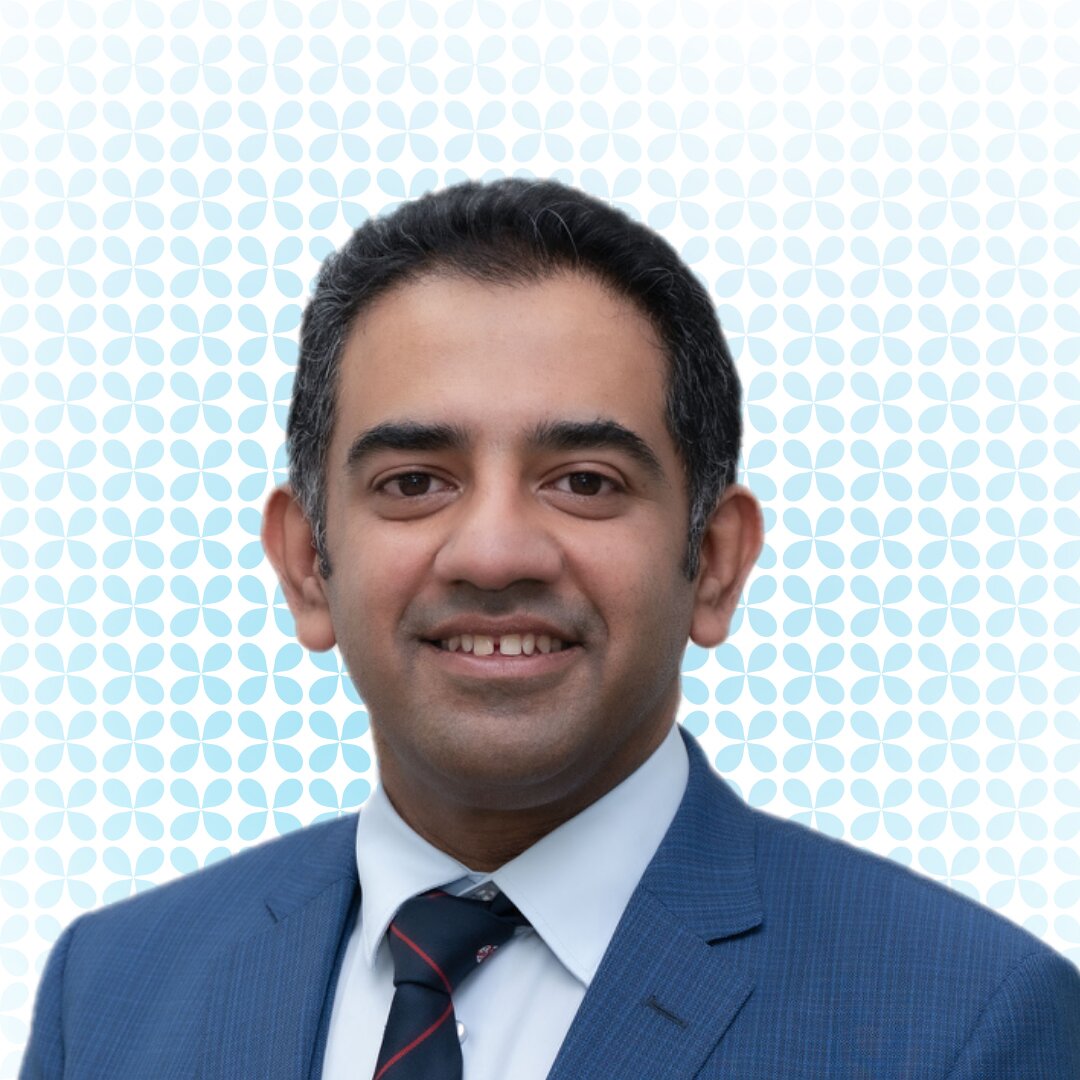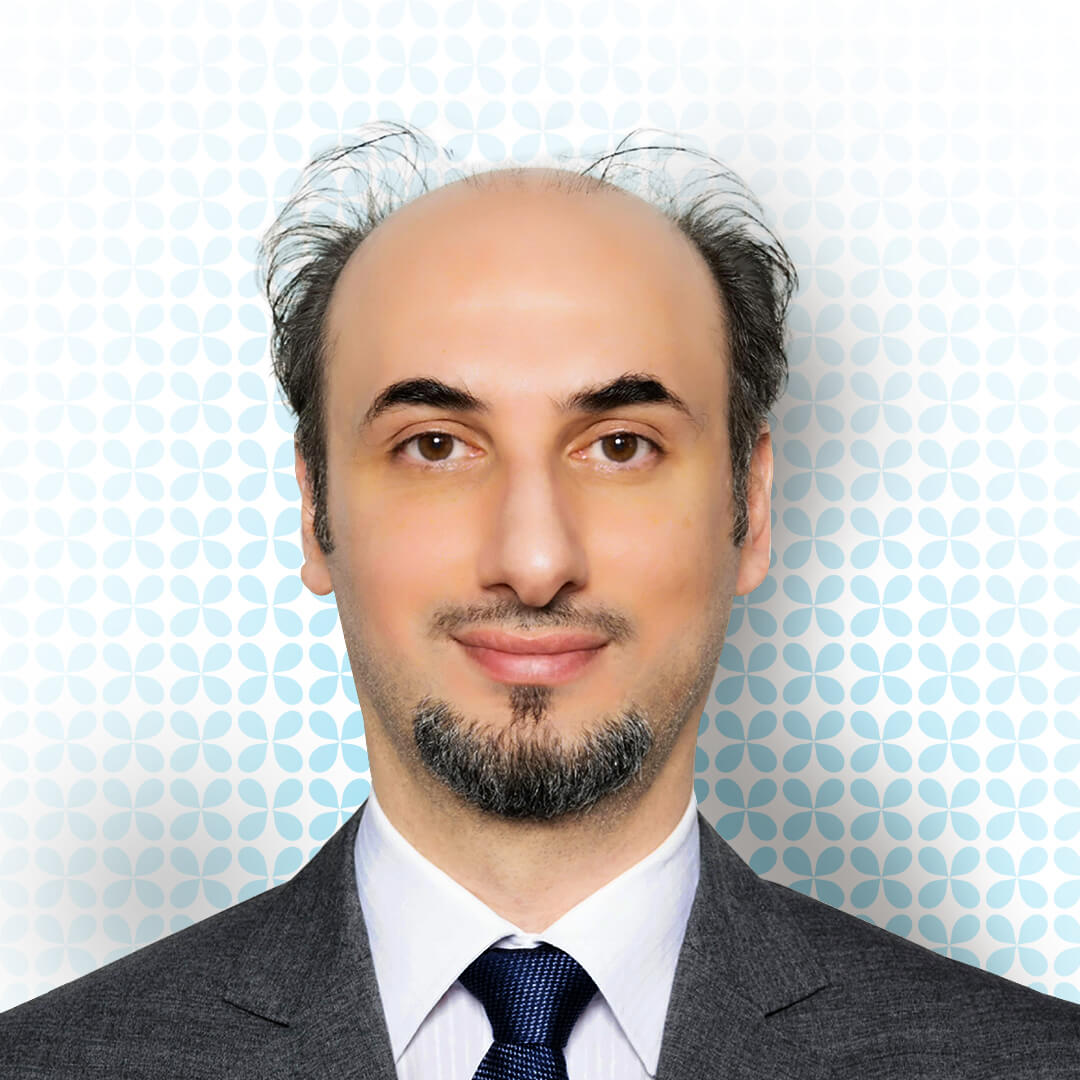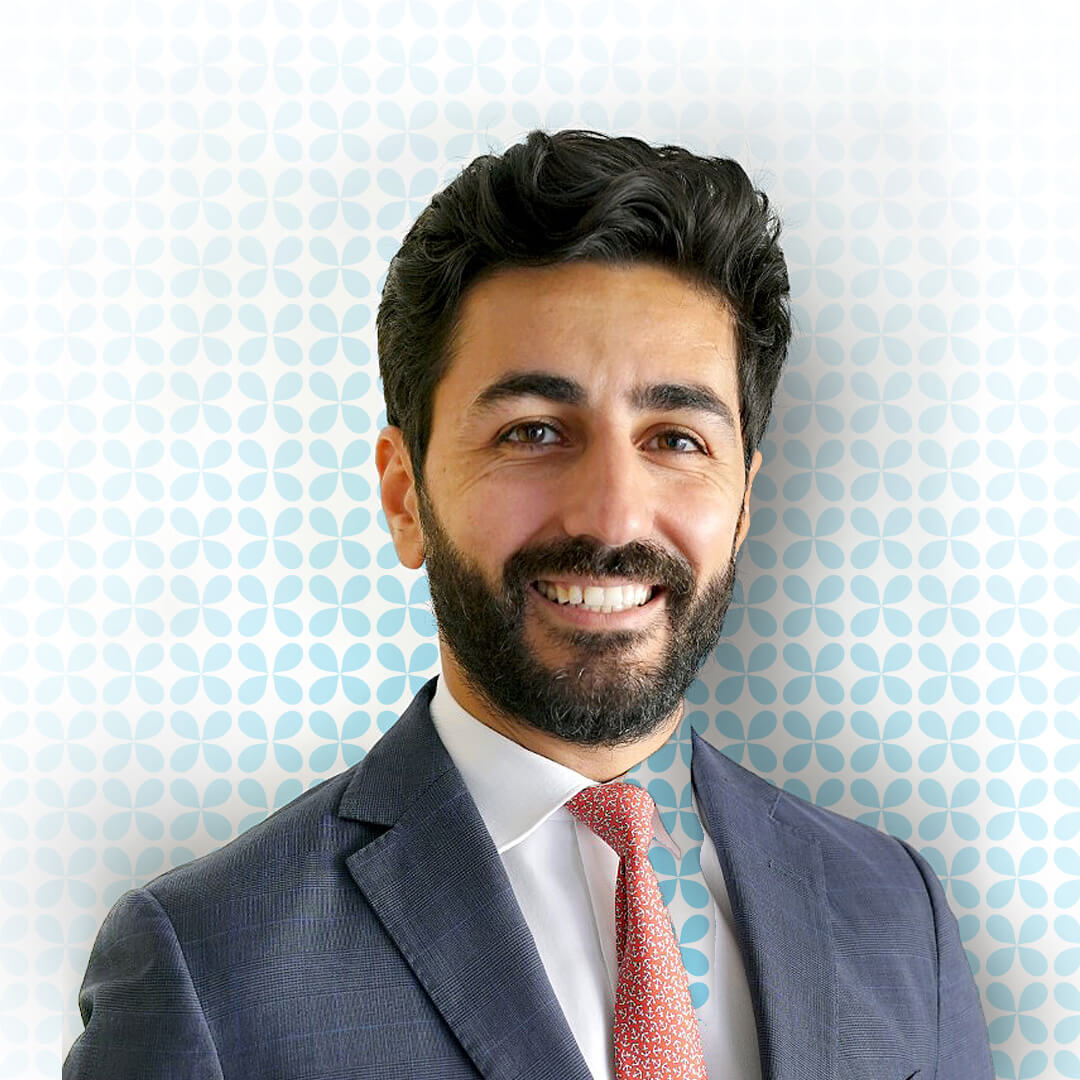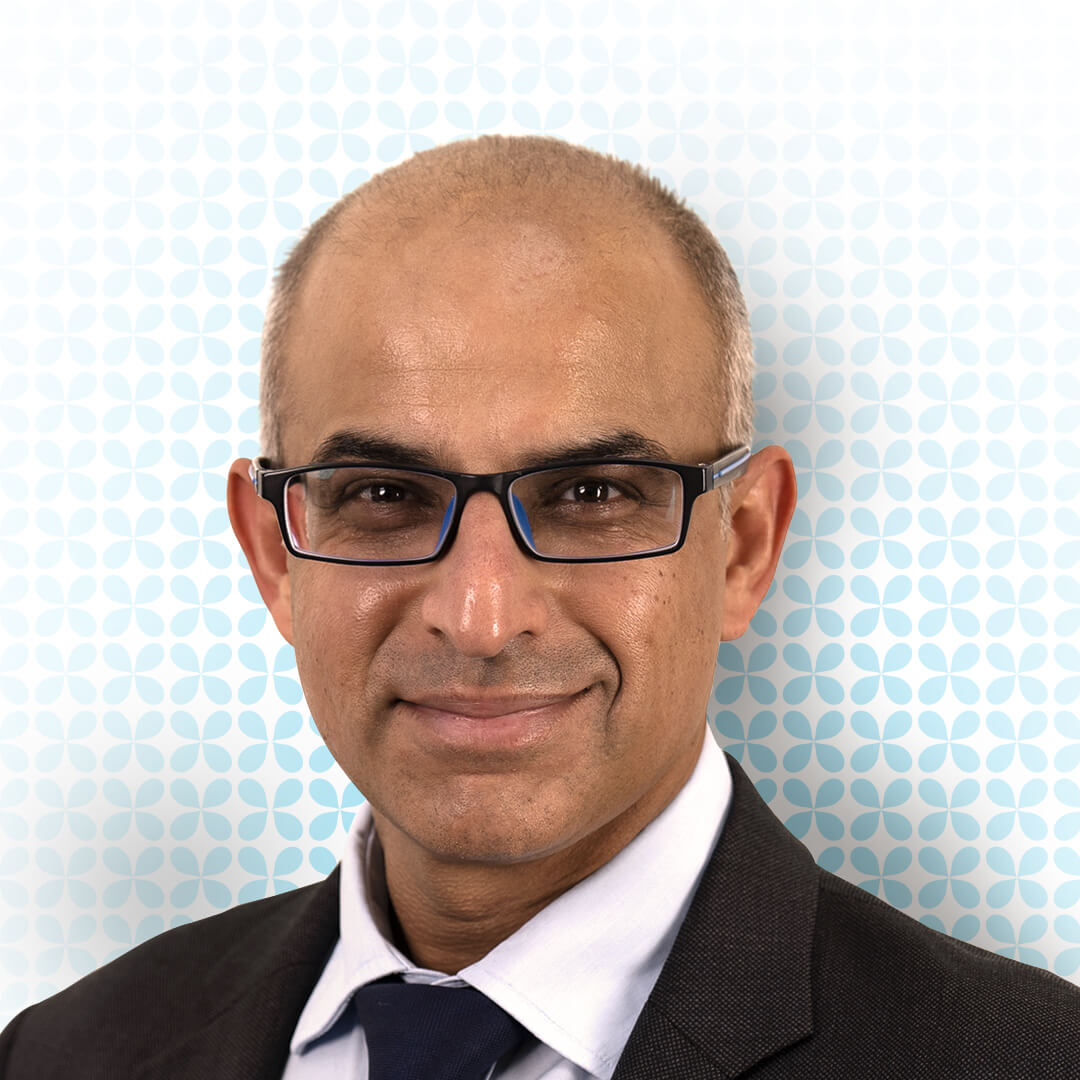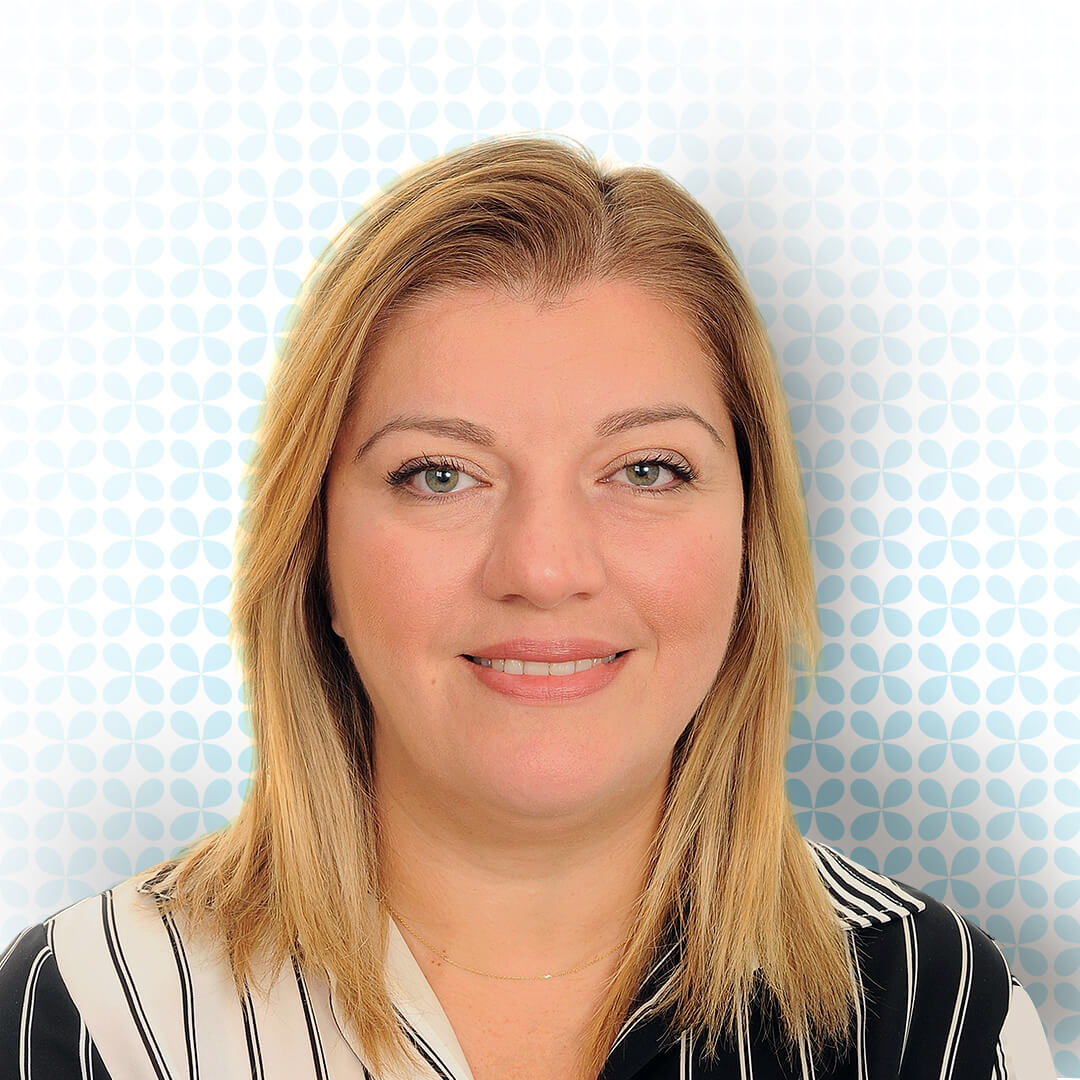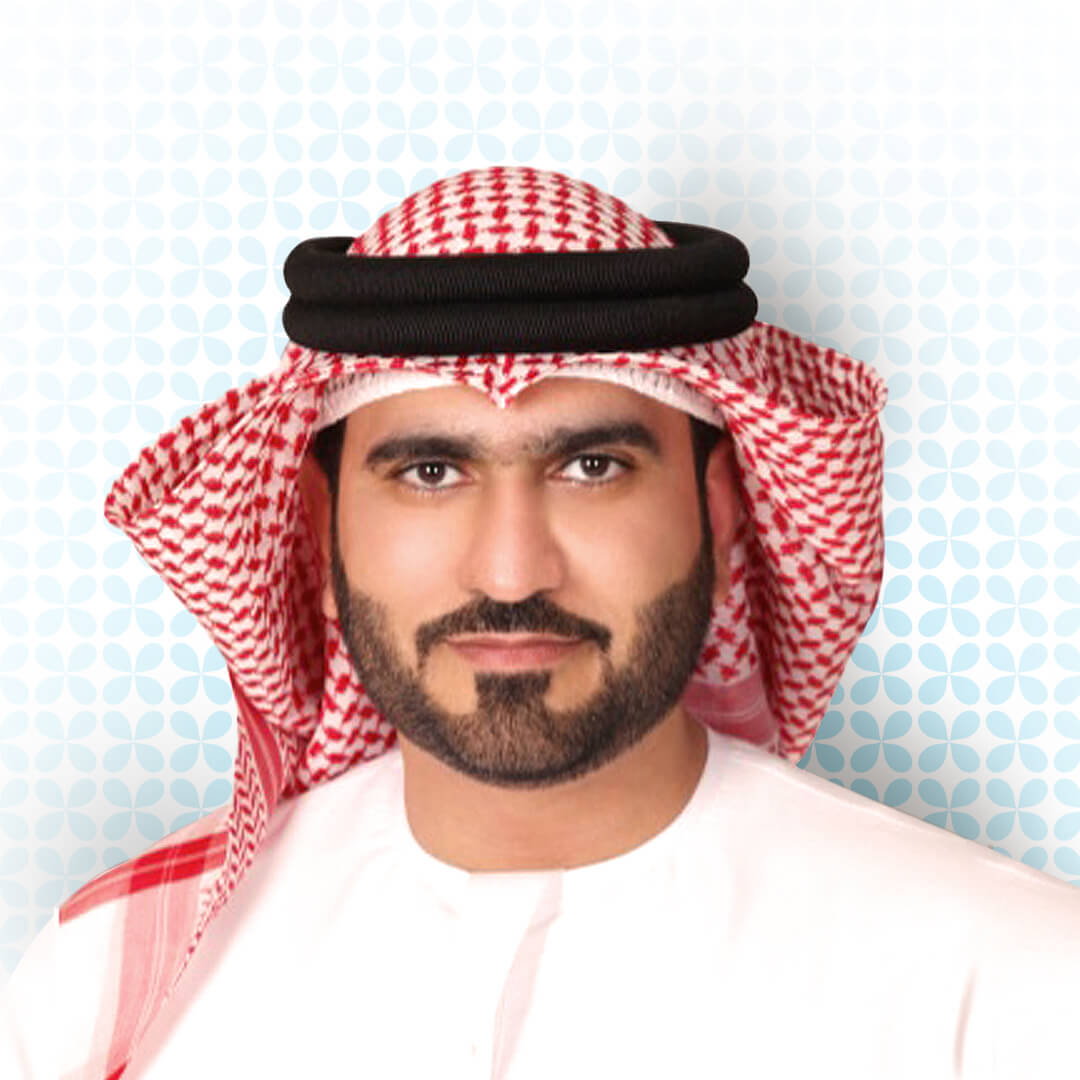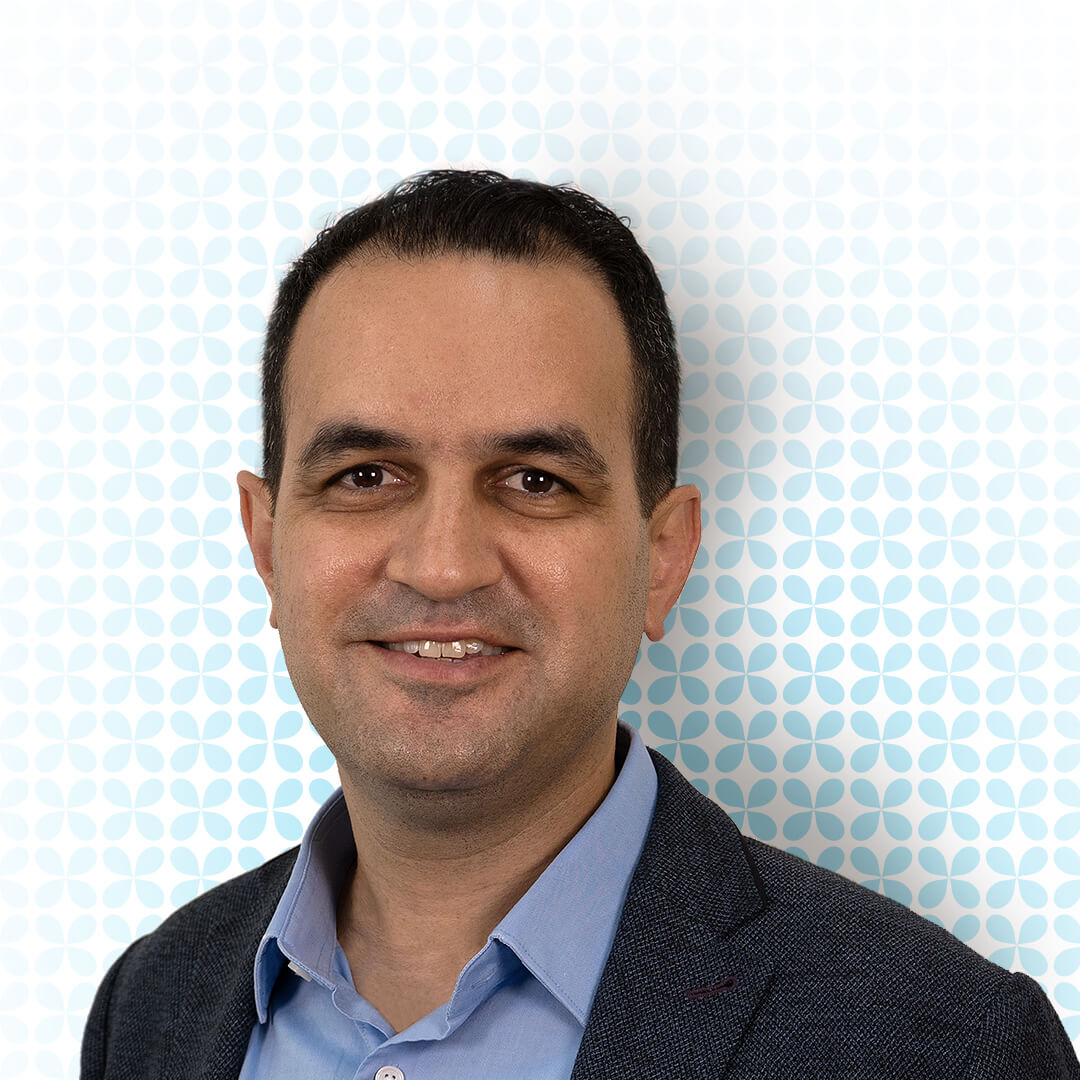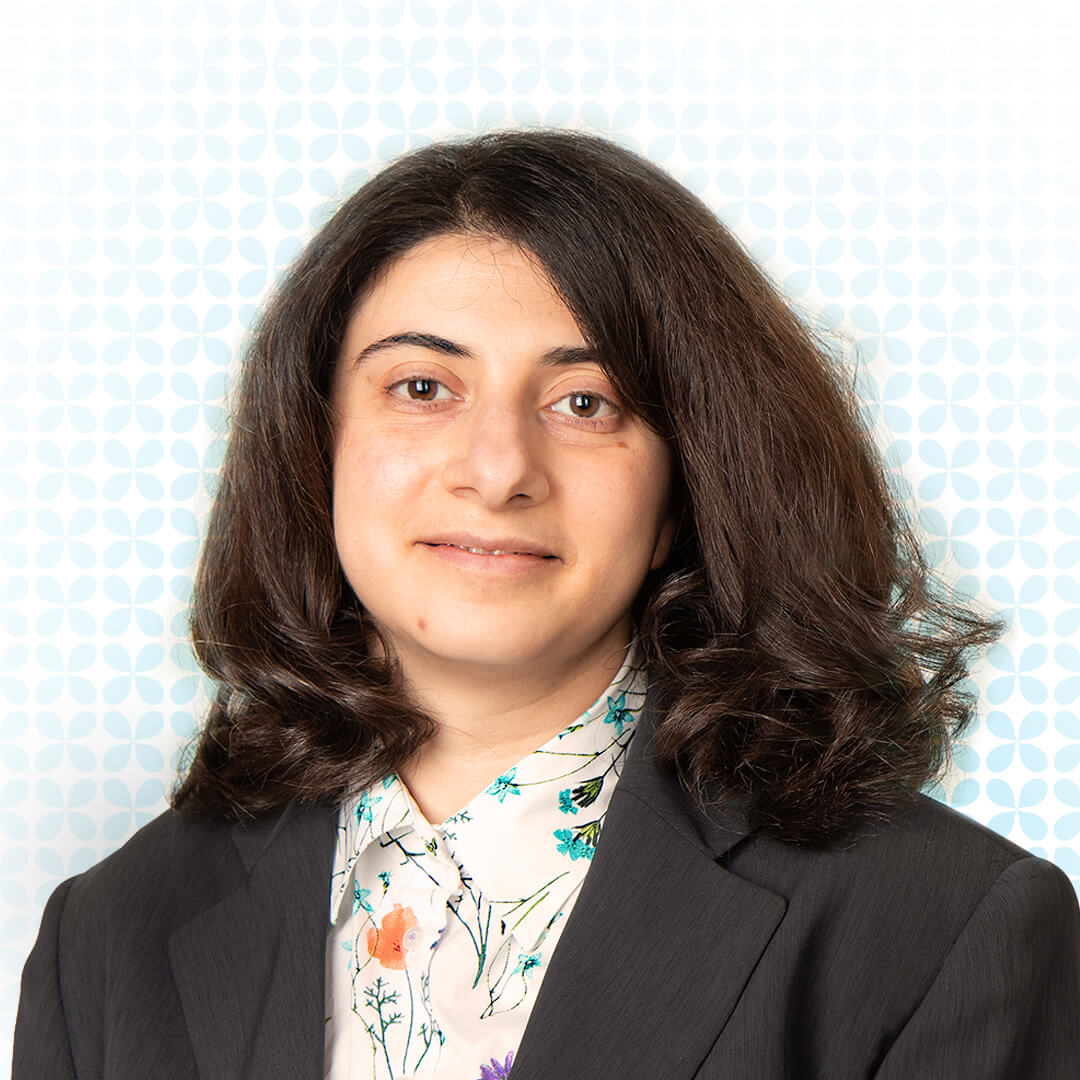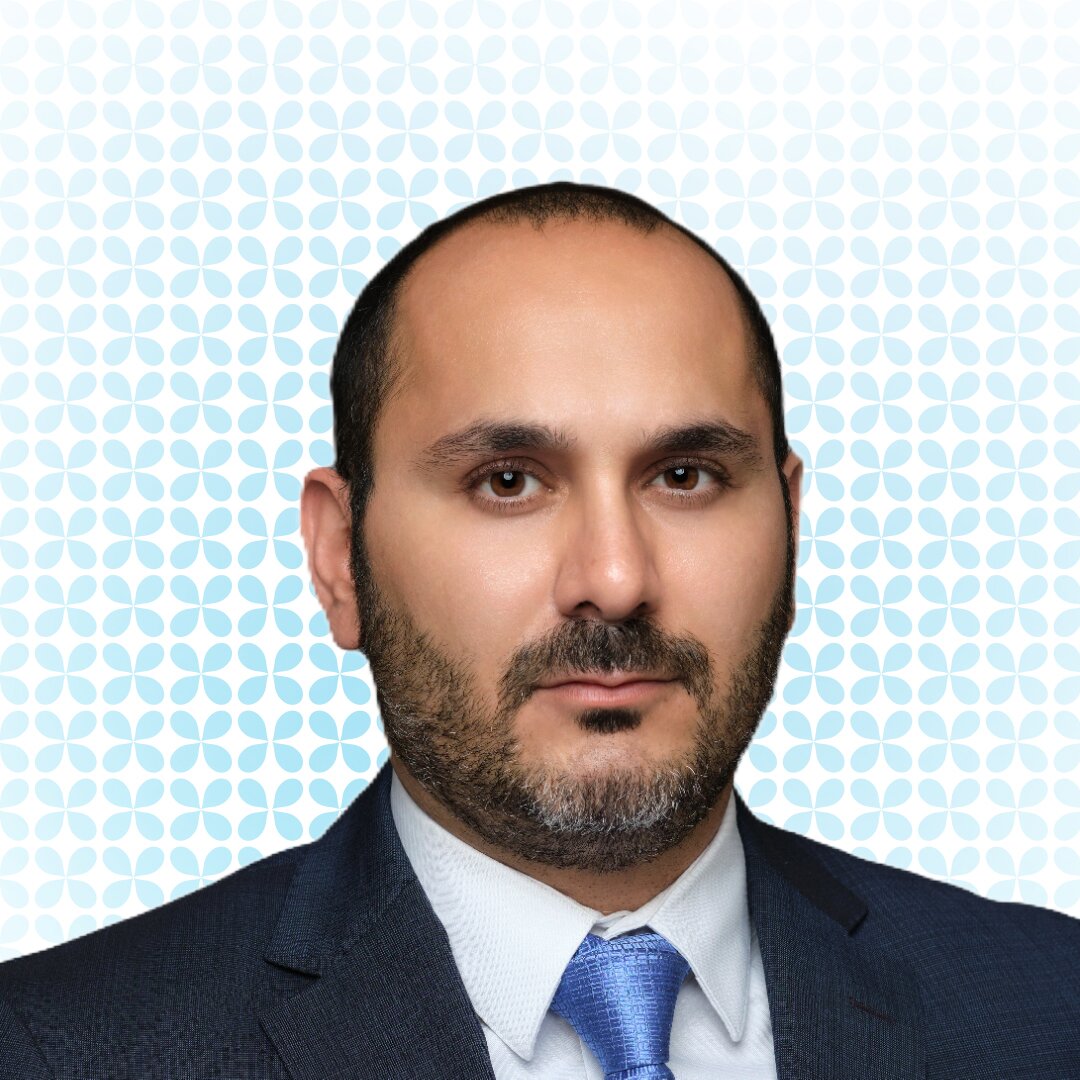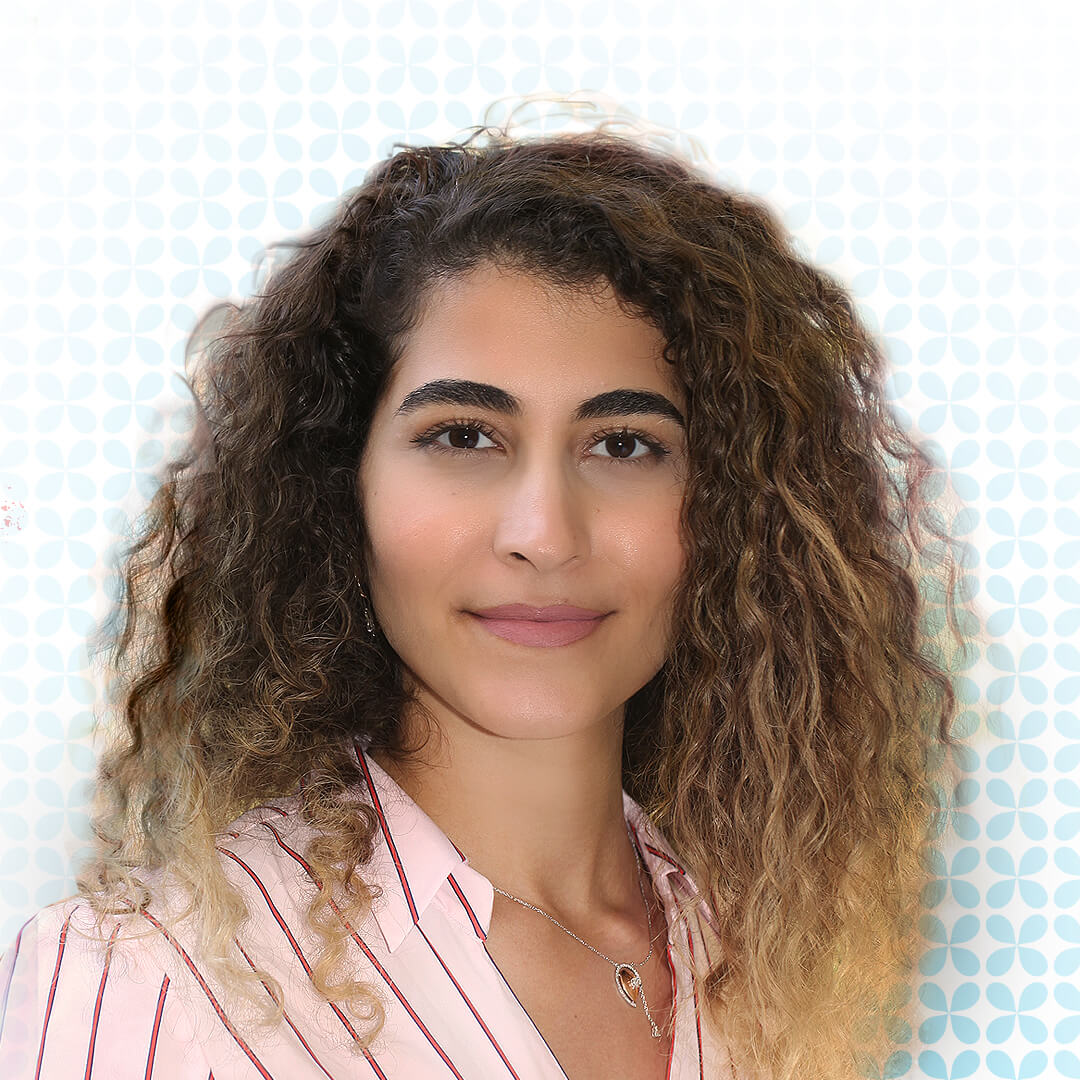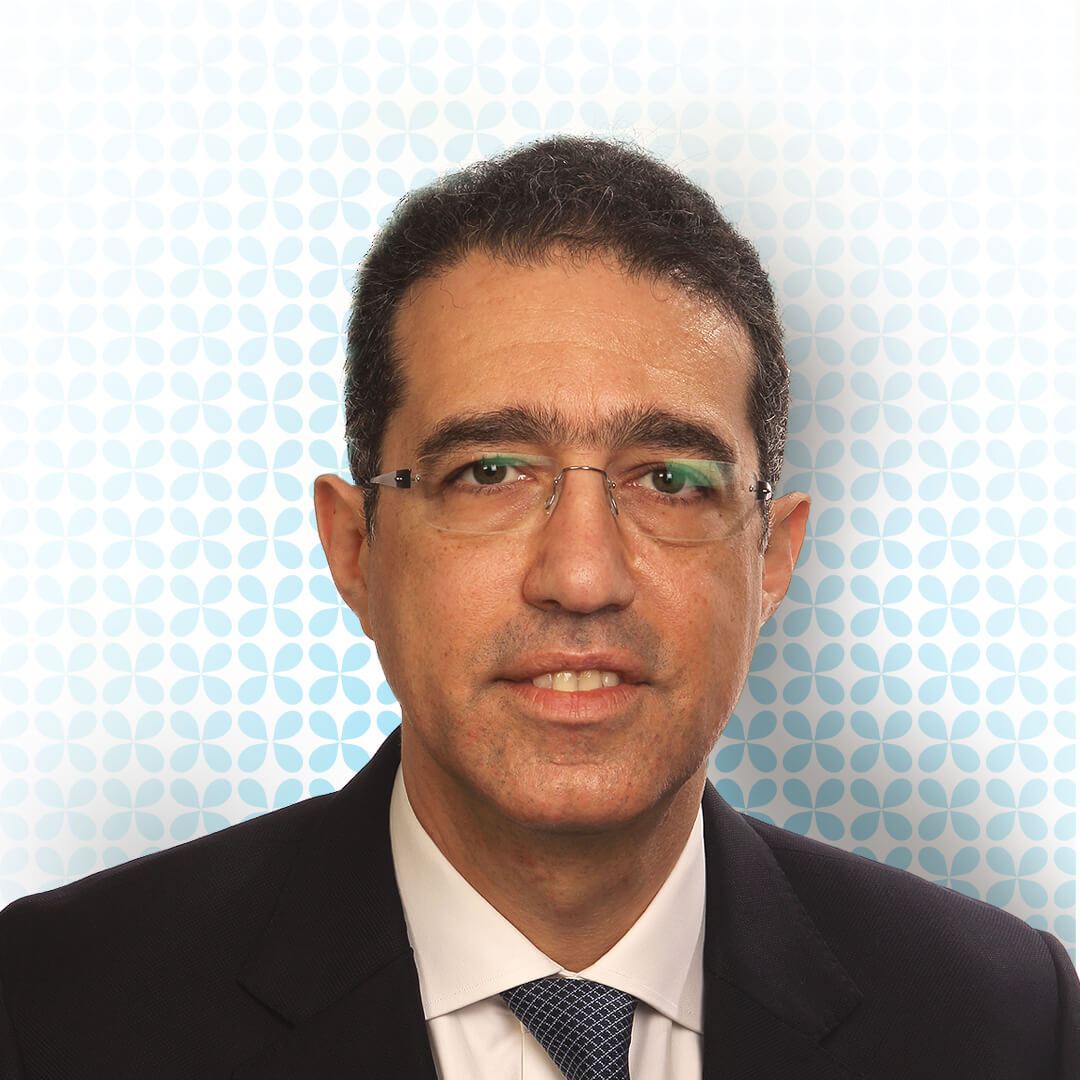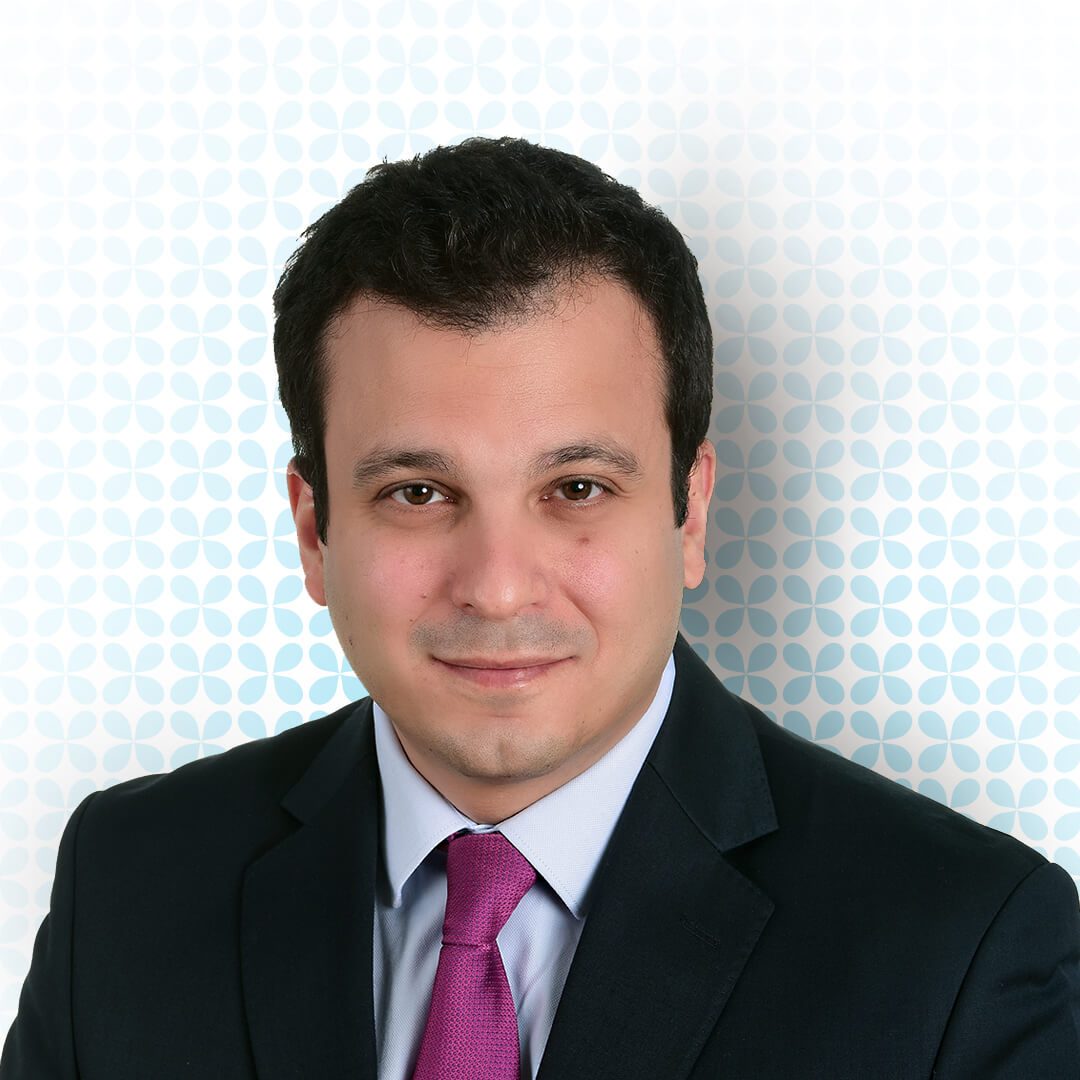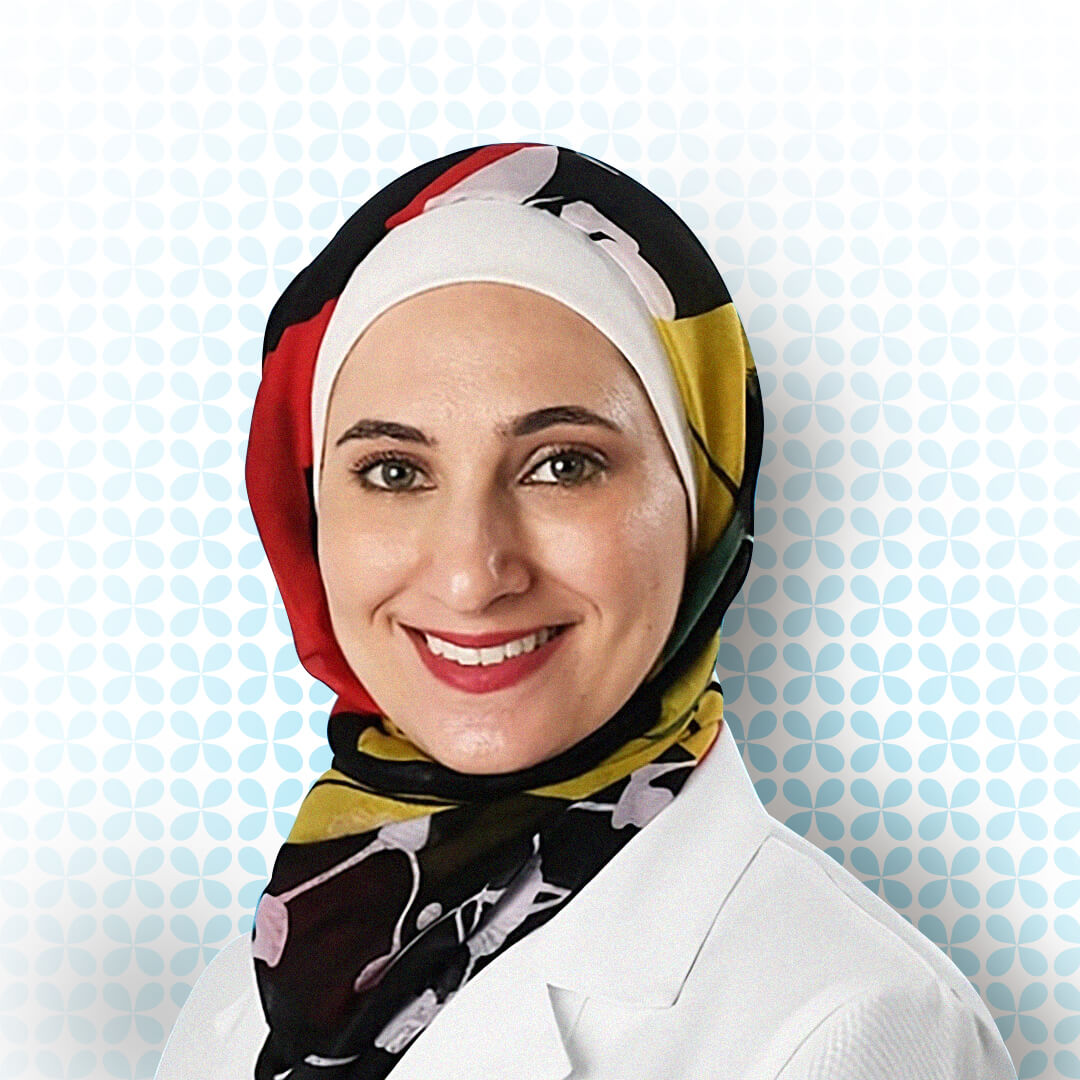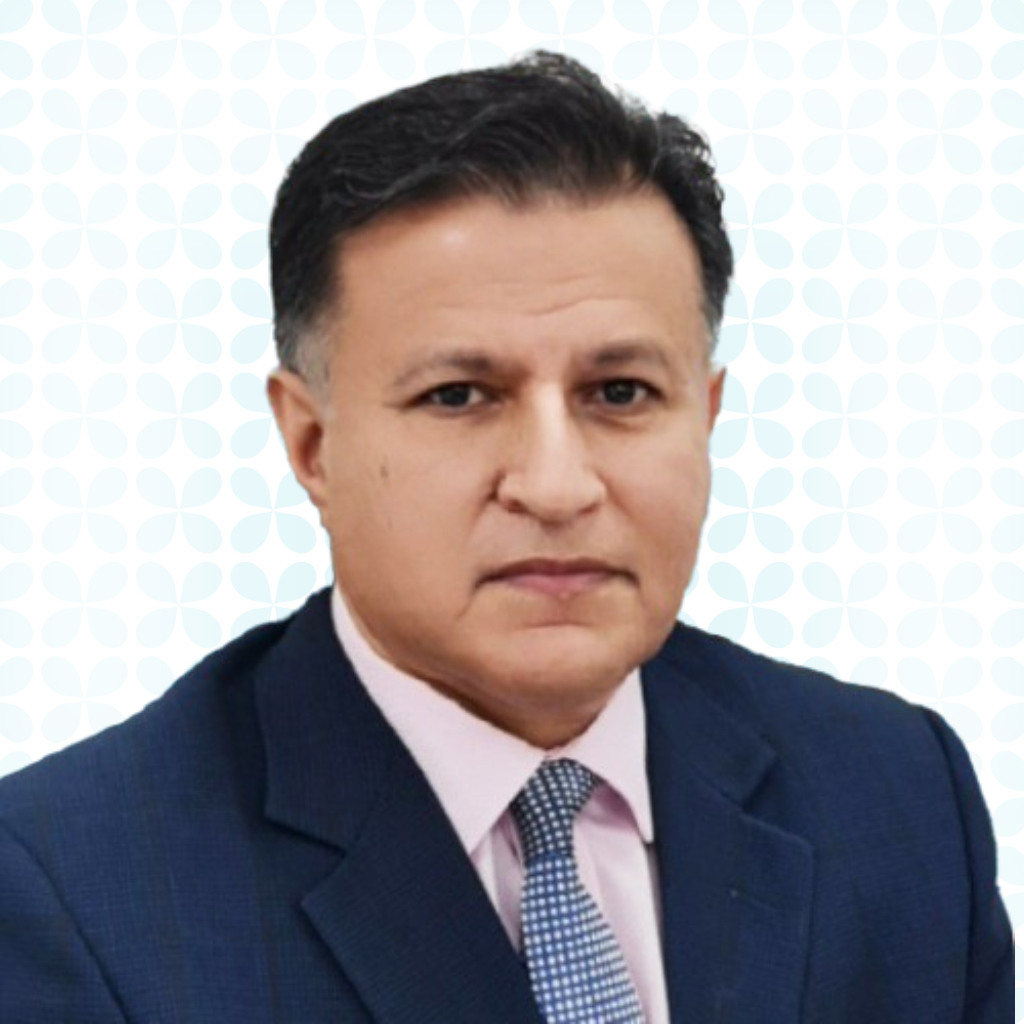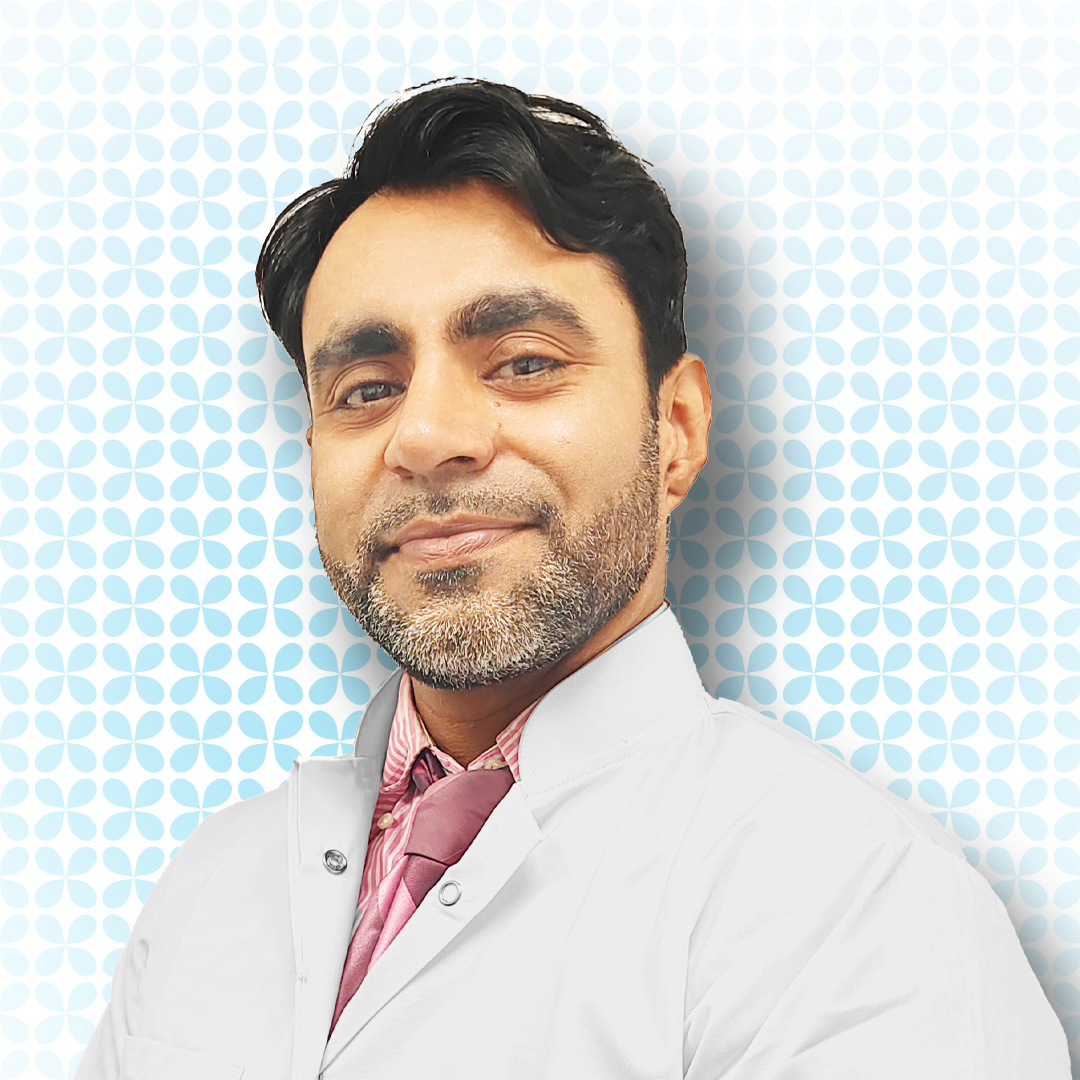Moorfields Eye Hospitals UAE
200+
15+
350,000+
50+
Driven by your vision

Our Services
Our Specialists
What our patients say about us
Blogs
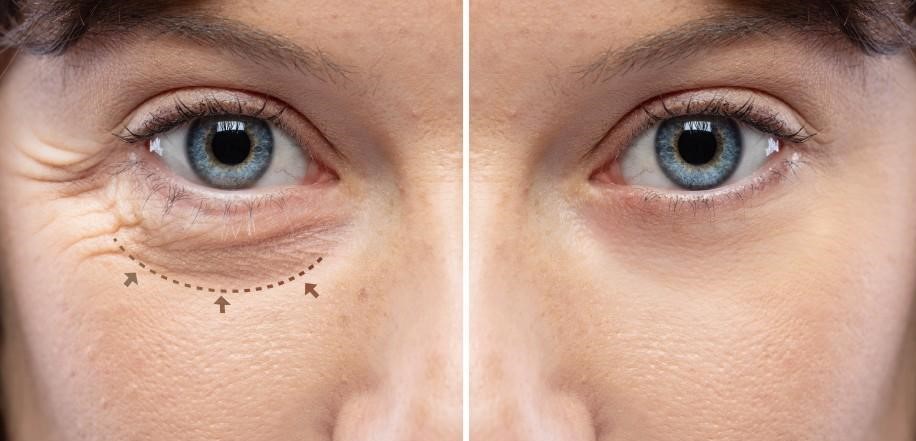
This blog on Oculoplastic Surgery has been contributed by Dr. Rafic Antonios, Specialist Oculoplastic Surgeon.
Oculoplastic surgery, often known as eyelid surgery, is a specialised field of medicine focusing on the areas around the eyes and the face. This includes the eyelids, orbit (eye socket), and lacrimal (tear) system. The purpose of these procedures ranges from aesthetic enhancements to significant functional improvements, including improvements in vision.
The Interplay Between Oculoplastic Surgery and Vision
Generally, the eyes and the surrounding structures work harmoniously to deliver clear, uninterrupted sight. However, droopy eyelids (ptosis) or eyelid malposition can disrupt this equilibrium, impairing vision. That’s where oculoplastic surgery steps in.
Addressing Common Concerns Through Surgery
Droopy eyelids, a common age-related condition, can obstruct the field of vision, making daily activities like reading or driving challenging. Oculoplastic surgery corrects this by tightening the muscles that lift the eyelid, thereby widening the visual field. Similarly, conditions like entropion (inward-turning eyelid) or ectropion (outward-turning eyelid) can cause discomfort, tear overflow, and blurred vision. Surgery to reposition the eyelid reinstates normalcy, relieving the symptoms and restoring vision clarity.
The Transformative Potential of Oculoplastic Surgery
In conclusion, oculoplastic surgery is not just about cosmetic enhancement. It’s a field aimed at restoring or maintaining the eye’s optimal functionality, significantly impacting vision. While the thought of surgery can seem daunting, understanding its potential benefits can provide reassurance. Consulting with an oculoplastic surgeon could be a transformative step for your vision if you are experiencing vision disruption due to eyelid or surrounding orbital structure issues.
If you are considering oculoplastic surgery in Dubai or want to learn more about how these procedures can enhance your vision and appearance, we are ready to help you by providing personalised care tailored to your unique needs and goals.
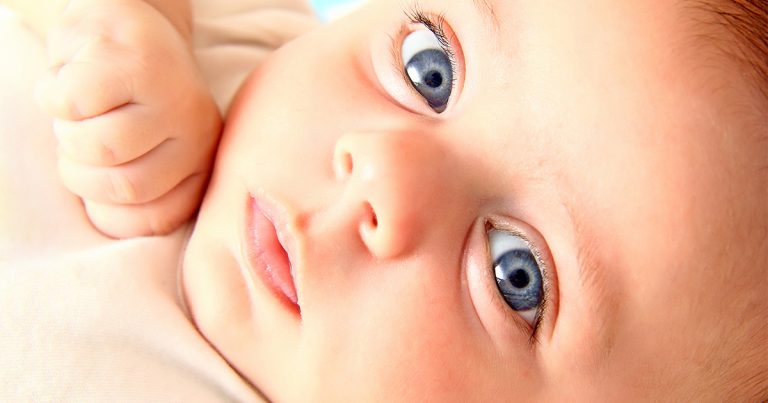
Orthoptist Sehar Mann has contributed to this blog on Stages of visual development in Children.
We are all born with blurry vision, and our vision develops in the first 7-8 years of life but is most important when we are babies and toddlers.
Understanding the stages of visual development in babies and toddlers and how they perceive colours can help you provide the correct visual stimulation in their early months of life.
Stages of Visual Development
- The Newborn Stage (0-2 months): Newborn babies can only see objects about 8 to 12 inches from their face – roughly the distance between your face and theirs during feeding or cuddling. They are drawn to high-contrast patterns, like black and white since their eyes are still developing.
- The Infancy Stage (2-4 months): During this period, your baby’s vision starts to improve gradually. They follow moving objects and show interest in colourful toys and pictures. It is normal for their eyes to cross or wander as their muscles strengthen occasionally.
- The Exploratory stage (4-6 months): At 4 to 6 months, babies reach for objects and have better depth perception as they can see more colours more clearly. This is an ideal time to introduce more colourful toys and books with large, bold pictures to stimulate their developing vision.
How Toddlers Perceive Colours
Understanding how toddlers perceive colours can help you create an engaging and stimulating environment for them. Here are some tips to help them:
- High Contrast is Key: In the early months, your baby is drawn to high-contrast colours, such as black and white because they are easier for their developing eyes to distinguish. Consider incorporating these colours into your baby’s nursery decorations or toys.
- The world of Pastels: As babies grow, they will notice more subtle colours like pastels. Soft blues, pinks, and yellows can be soothing and visually appealing for them.
- Vibrant Colours: Babies can see a broader range of colours in the toddler stage. Bright and vibrant colours like red, green, and blue can capture their attention and stimulate their visual development.
Visual Stimulation in the First 6 Months
Visual stimulation is essential for development during the first six months. Here are some simple ways to provide the correct visual experiences:
- Face-to-Face Interaction: Spending quality time making eye contact and talking to your baby can help develop their vision. They love to gaze at your face, and this helps strengthen their visual focus.
- Colourful mobile Toys: Hang a colourful mobile above the crib. The gentle movement and bright colours will intrigue your baby and encourage them to track the objects.
- Picture Books: Choose picture books with large, bold images and vibrant colours. Reading to your baby fosters bonding and enhances their visual recognition skills.
- Tummy Time: Give your baby plenty of tummy time. This helps them develop strong neck and shoulder muscles, which are essential for visual exploration.
- Mirrors: Babies are often fascinated by their reflection. A baby-safe mirror can provide endless entertainment and help with self-recognition.
Watching your toddler’s visual development is an exciting journey that requires your support and engagement. By understanding the stages of visual development and how your baby perceives colours, you can create a stimulating environment that encourages healthy growth and curiosity. Remember, every baby is unique, so enjoy the discovery process together and celebrate each new milestone.
At Moorfields Eye Hospital Dubai, our dedicated paediatric department is staffed with expert ophthalmologists, optometrists, and orthoptists, all passionately dedicated to the eye care needs of children.

This blog on Strabismus in Children has been contributed Dr. Ayesha Khan, Consultant Paediatric Ophthalmologist.
Strabismus, commonly called ‘crossed eyes,’ impacts approximately 2% – 4% of children worldwide. This condition results in the misalignment of the eyes, causing them to point in different directions and disrupting binocular vision.
Strabismus is primarily seen in infants and young children and is not just a cosmetic concern. It can significantly impact vision development and depth perception, essential for numerous activities, from catching a ball to crossing a street. When the eyes do not align properly, the brain may start to ignore the image from the eye that is not aligned to prevent seeing double, causing ‘amblyopia,’ also known as a lazy eye.
Emphasising early detection is crucial with strabismus, as the initial years of a child’s life are vital for visual development. Any signs of the condition, such as squinting, tilting the head while looking at objects, or noticeable misalignment of the eyes, should prompt an immediate medical consultation.
The treatment journey for a child with strabismus often involves a team of specialists. An optometrist performs regular eye exams and prescribes glasses if necessary. An orthoptist specialising in strabismus and amblyopia devises personalised eye exercises to improve eye coordination. Lastly, a paediatric eye consultant oversees the child’s treatment, deciding when surgical intervention is necessary and ensuring the various treatments align to maximise visual development and overall quality of life.
In essence, strabismus affects not only the physical appearance but also the functional vision of a child. Therefore, recognising and addressing strabismus in its early stages is crucial for optimal eye health and developmental growth.
If you notice any of the signs or symptoms of Strabismus, please seek care from a specialised ophthalmologist to help your child’s vision develop correctly.
At Moorfields Eye Hospital Dubai, our dedicated paediatric department is staffed with expert ophthalmologists, optometrists, and orthoptists, all passionately dedicated to the eye care needs of children.

This blog on Selective Laser Trabeculoplasty for glaucoma treatment was authored by Dr. Salman Waqar, a Consultant Ophthalmologist in Cataract and Glaucoma Surgery.
Living with glaucoma often means meticulous eye drop management and close intraocular pressure (IOP) monitoring. Thankfully, advancements in eye care, such as Selective Laser Trabeculoplasty (SLT), offer a more refined to manage this condition.
What is SLT?
Selective Laser Trabeculoplasty is a minimally invasive procedure designed to help control glaucoma by decreasing IOP. One of its standout features is the potential to lessen, or in some cases, even eliminate, the dependence on glaucoma eye drops, especially beneficial for those with open-angle glaucoma.
How Does It Work?
Imagine the eye’s drainage system, the trabecular meshwork, as a sink’s drain. Over time, this drain can become less efficient, leading to increased IOP. During this procedure, a precision-targeted laser is applied to this drainage system. Unlike other methods, Selective Laser Trabeculoplasty ensures no thermal damage to the nearby tissue. The treatment encourages the drainage system to work more efficiently by promoting beneficial biological changes within its cells. As the drainage improves, the IOP naturally decreases.
Why Consider SLT?
Selective Laser Trabeculoplasty is revolutionary in its approach. Unlike more aggressive surgeries, it targets only specific cells, ensuring surrounding tissues remain untouched. This selectivity means a less invasive procedure, minimal risks, and quicker recovery times.
However, it’s essential to remember that while it is highly effective, it might not completely negate the need for glaucoma eye drops for all patients. For some, it can notably decrease the amount or frequency of medication, leading to improved comfort and better adherence to treatment.
In Conclusion
Selective Laser Trabeculoplasty is a promising option in glaucoma care. Potentially reducing our reliance on daily eye drops offers a more convenient yet effective way to keep glaucoma in check and safeguard our vision. If you are considering this procedure, discussing it with a glaucoma specialist is recommended to tailor the best care for your eyes.
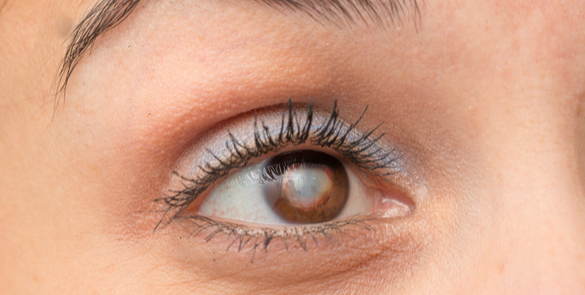
This blog has been contributed by Dr. Luisa Sastre, Consultant Ophthalmologist in Medical retina and cataract surgery.
Cataracts, a common eye condition characterised by clouding of the lens, can affect individuals of all ages. However, people with diabetes are particularly susceptible to developing this condition. In this blog, we will explore the connection between them, understand the underlying mechanisms, and discuss the treatment of cataracts in diabetics.
The connection: Diabetes, a metabolic disorder affecting blood sugar regulation, increases the risk of complications, including eye-related issues such as diabetic retinopathy. Cataracts occur when proteins in the lens clump together, causing clouding and reduced vision. People with diabetes are more likely to develop cataracts at an earlier age and experience faster progression than those without diabetes.
Mechanisms Behind Cataract Formation in Diabetes:
Diabetes can cause cataracts by increasing sugar levels in the body. This can lead to imbalances and changes in the lens structure, making it less transparent. Diabetes can also cause damage to lens proteins, which makes cataracts form faster.
Managing the Risks of Cataracts in Diabetes:
Effective management of cataract risks in individuals with diabetes is crucial. Maintaining stable blood sugar levels through proper diabetes management helps slow cataract progression. In addition, regular eye examinations are essential for early cataract detection. Adopting a healthy lifestyle, including a diet rich in antioxidants, regular exercise, and avoiding smoking, can also reduce the risk of cataracts.
Cataract treatment options for people with diabetes: Surgery is the most effective treatment for cataracts. The procedure involves removing and replacing the clouded lens with an artificial intraocular lens (IOL). People with diabetes must work closely with their doctors to ensure stable blood sugar levels before, during, and after surgery, minimising the risk of complications and optimising visual outcomes.
Understanding the connection between those two conditions and managing the associated risks is crucial for maintaining good eye health. Individuals can effectively navigate this coexisting condition by controlling blood sugar levels, regular eye check-ups, and considering cataract surgery when necessary.
Request an Appointment


